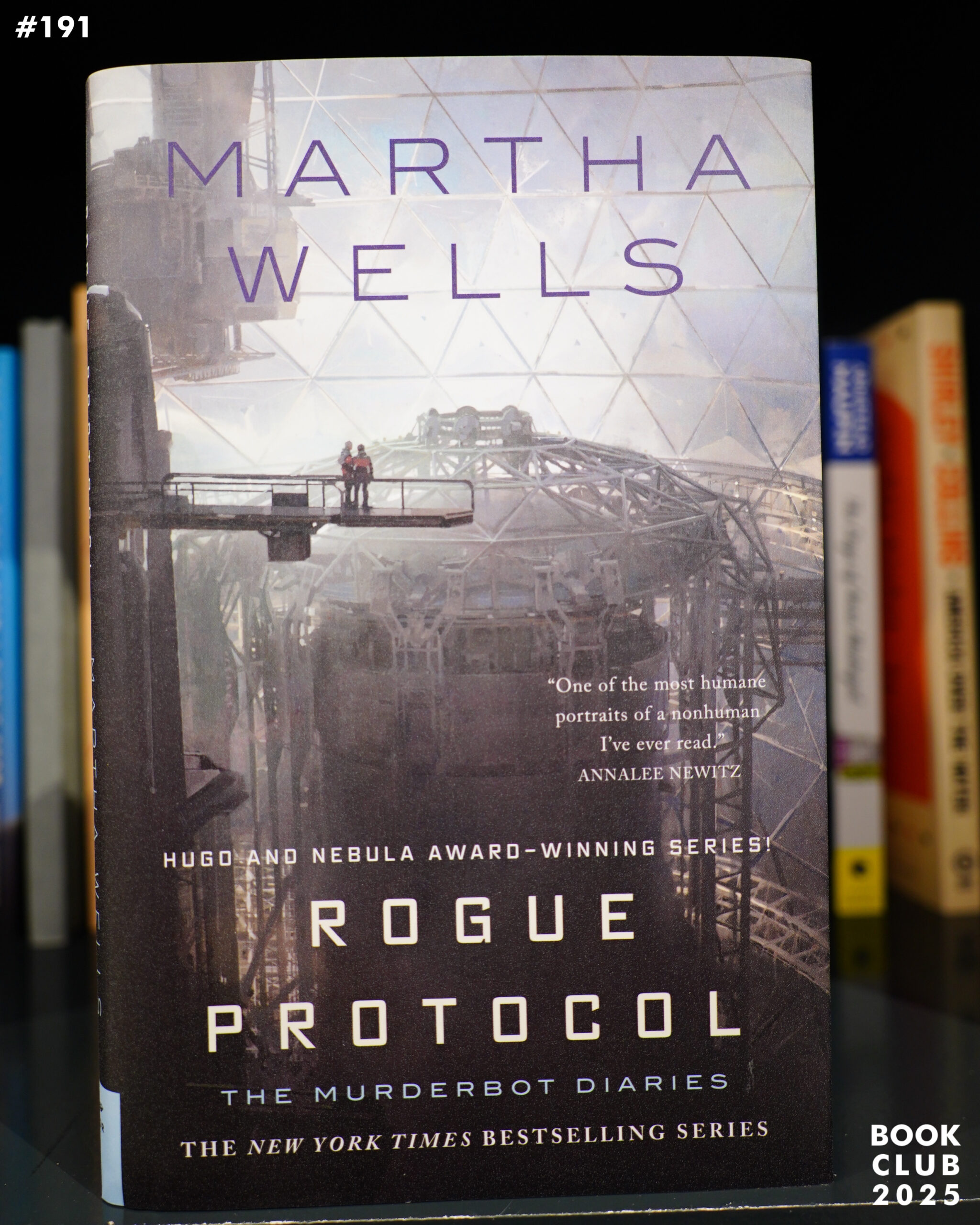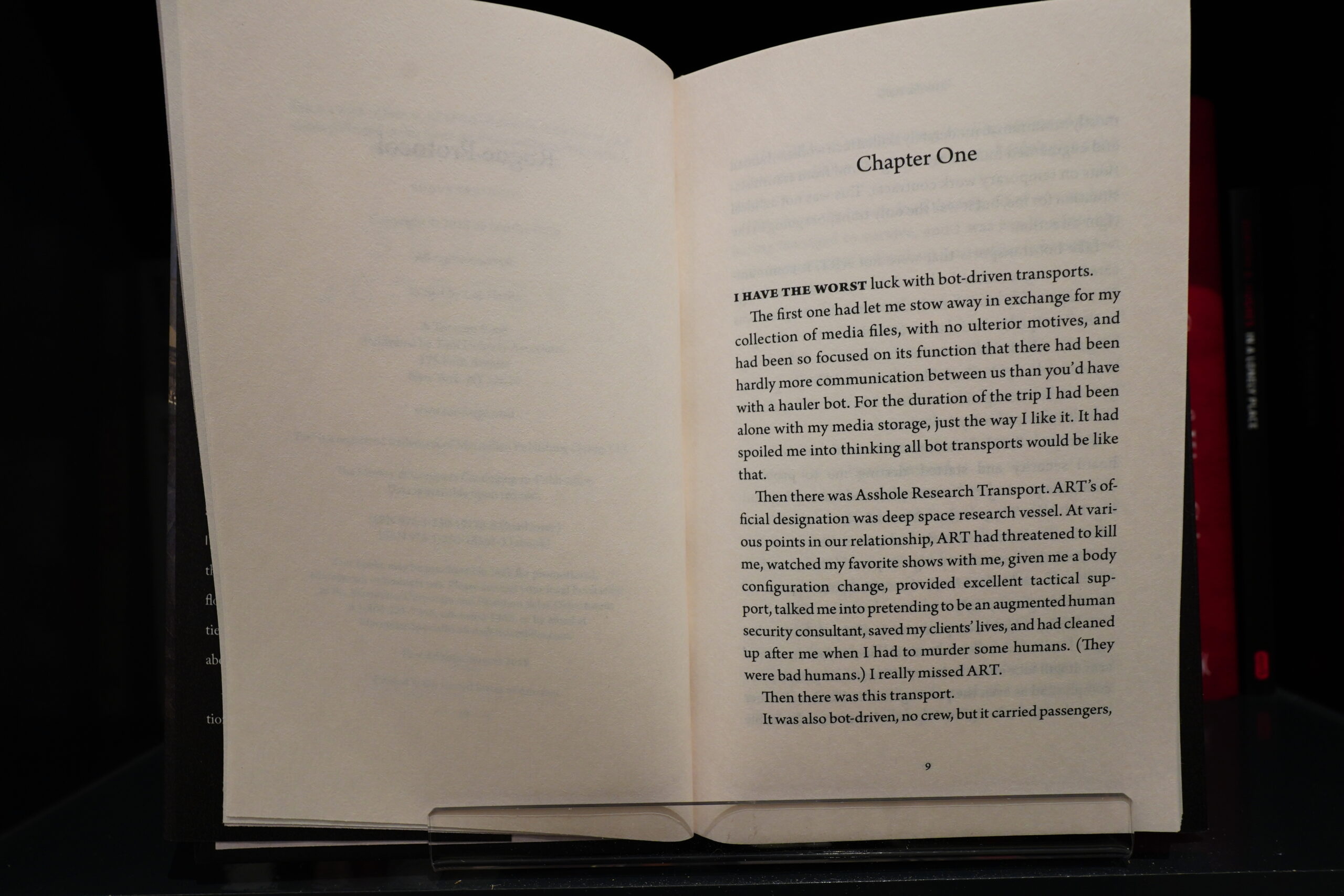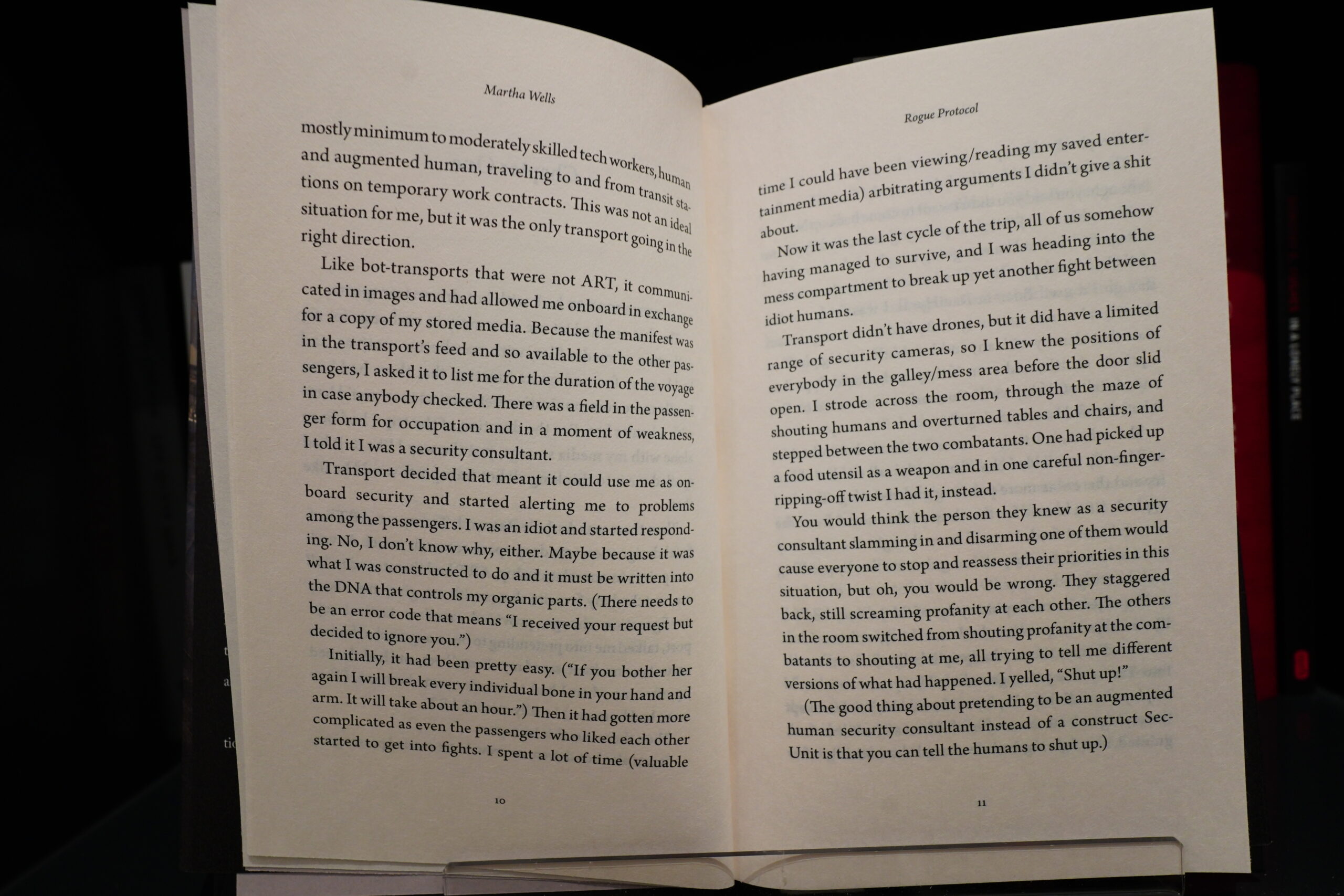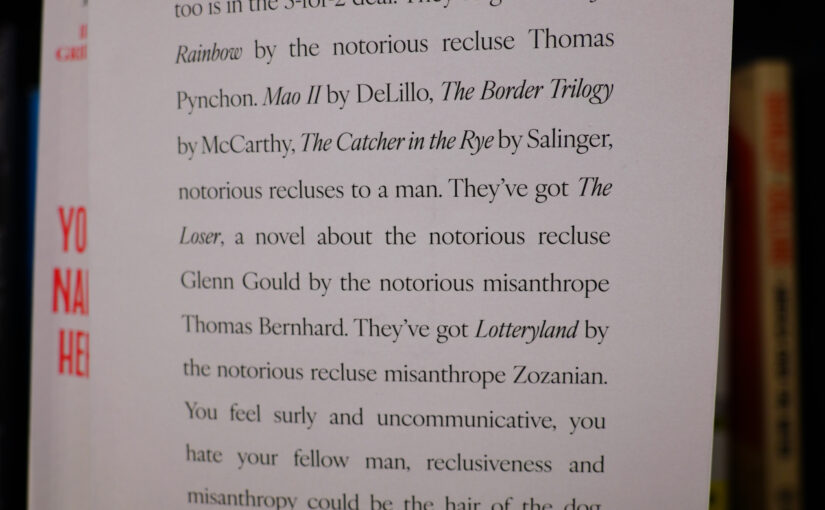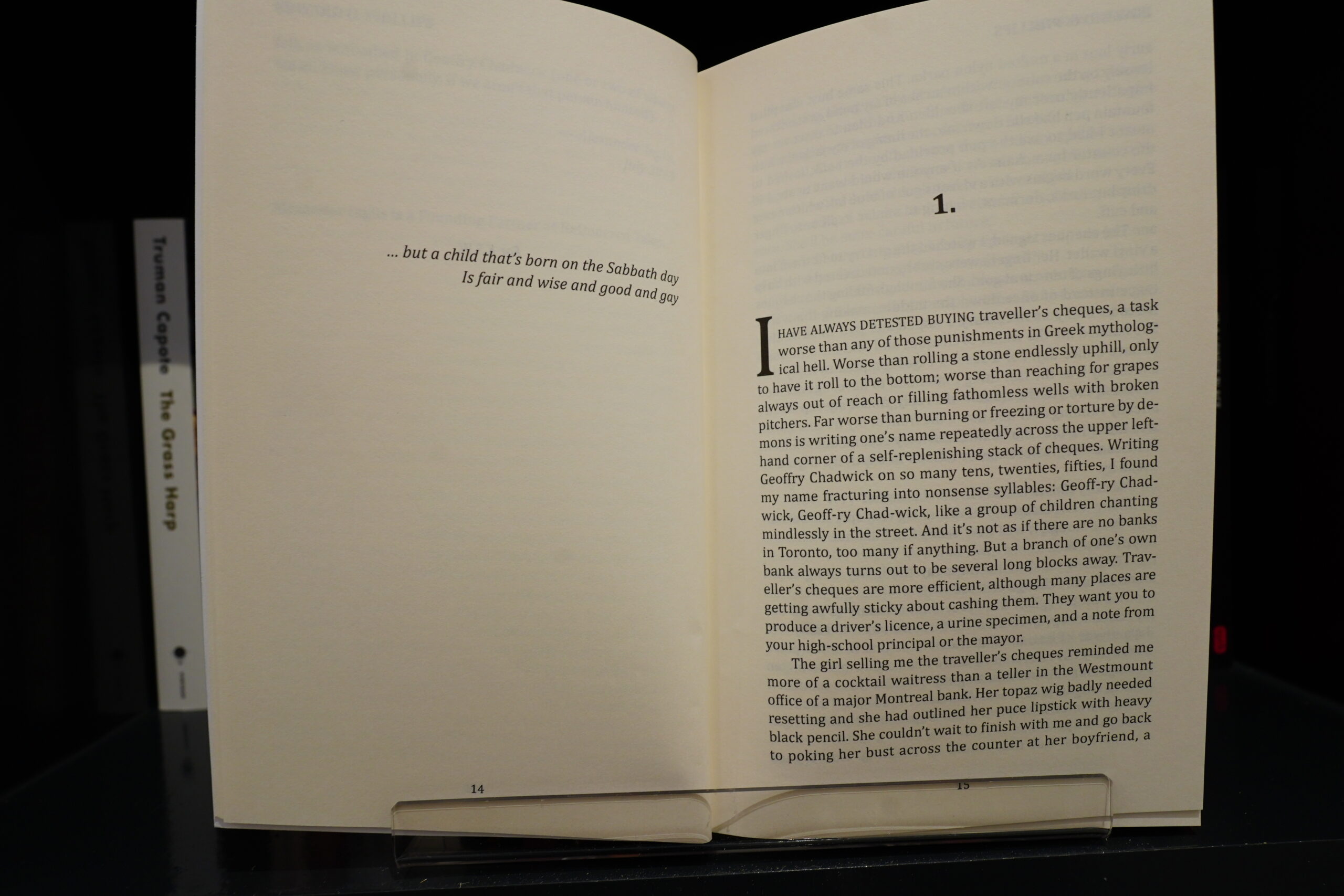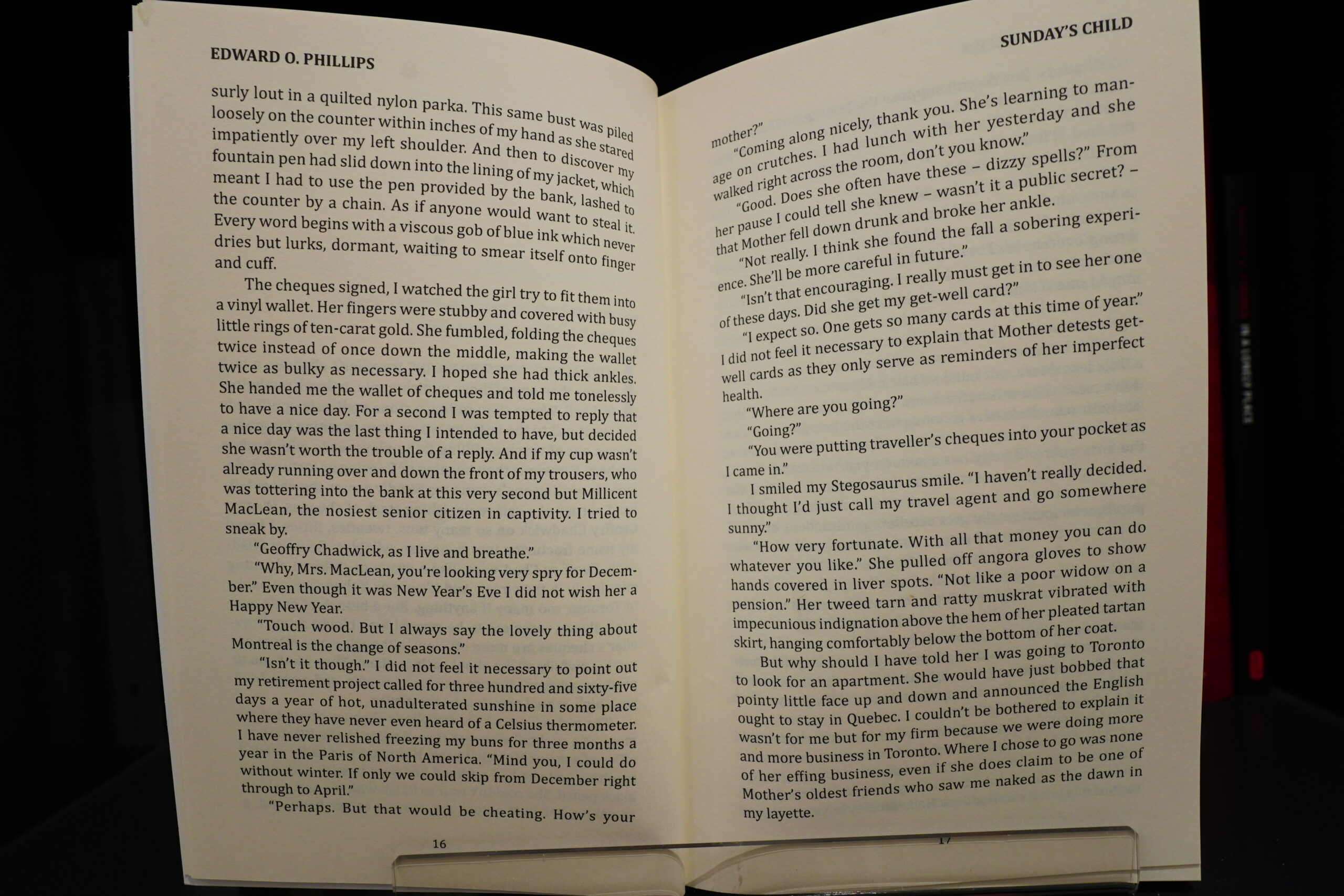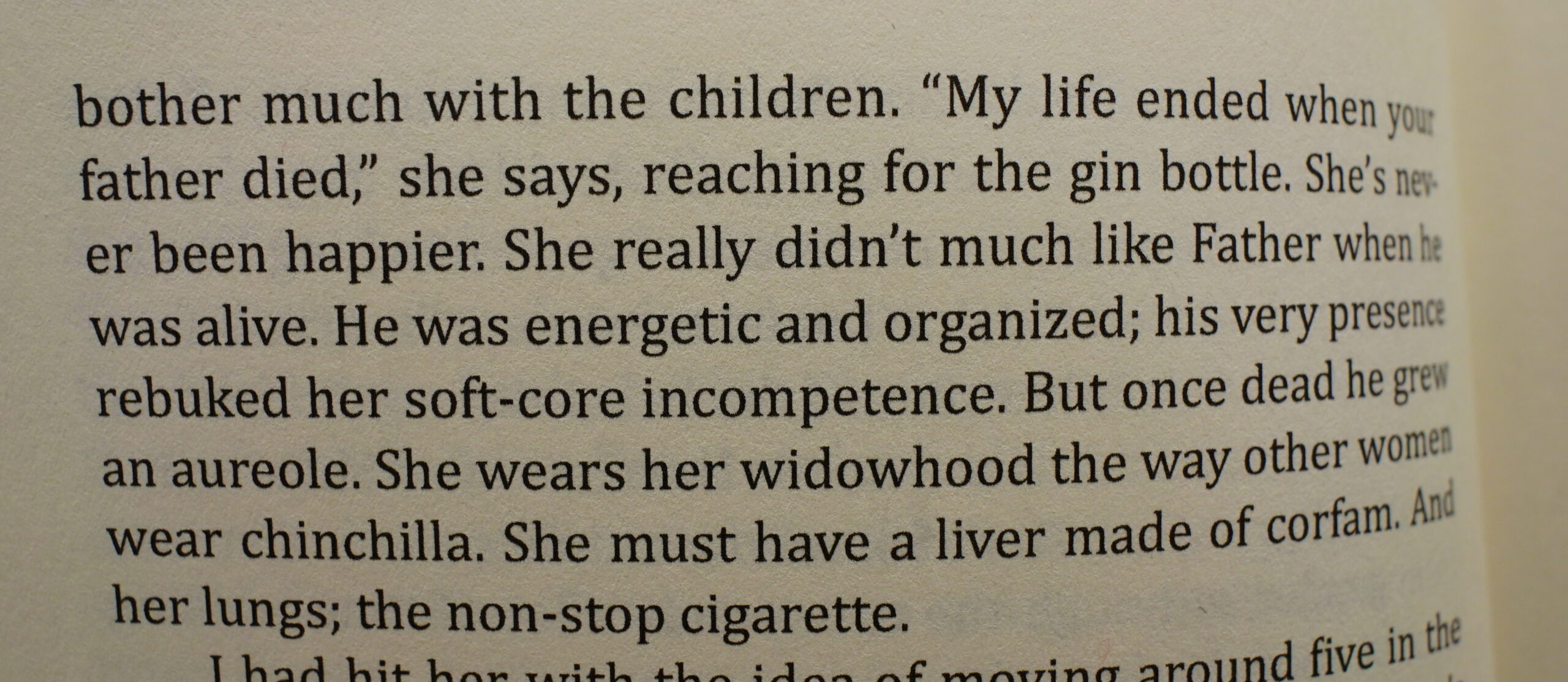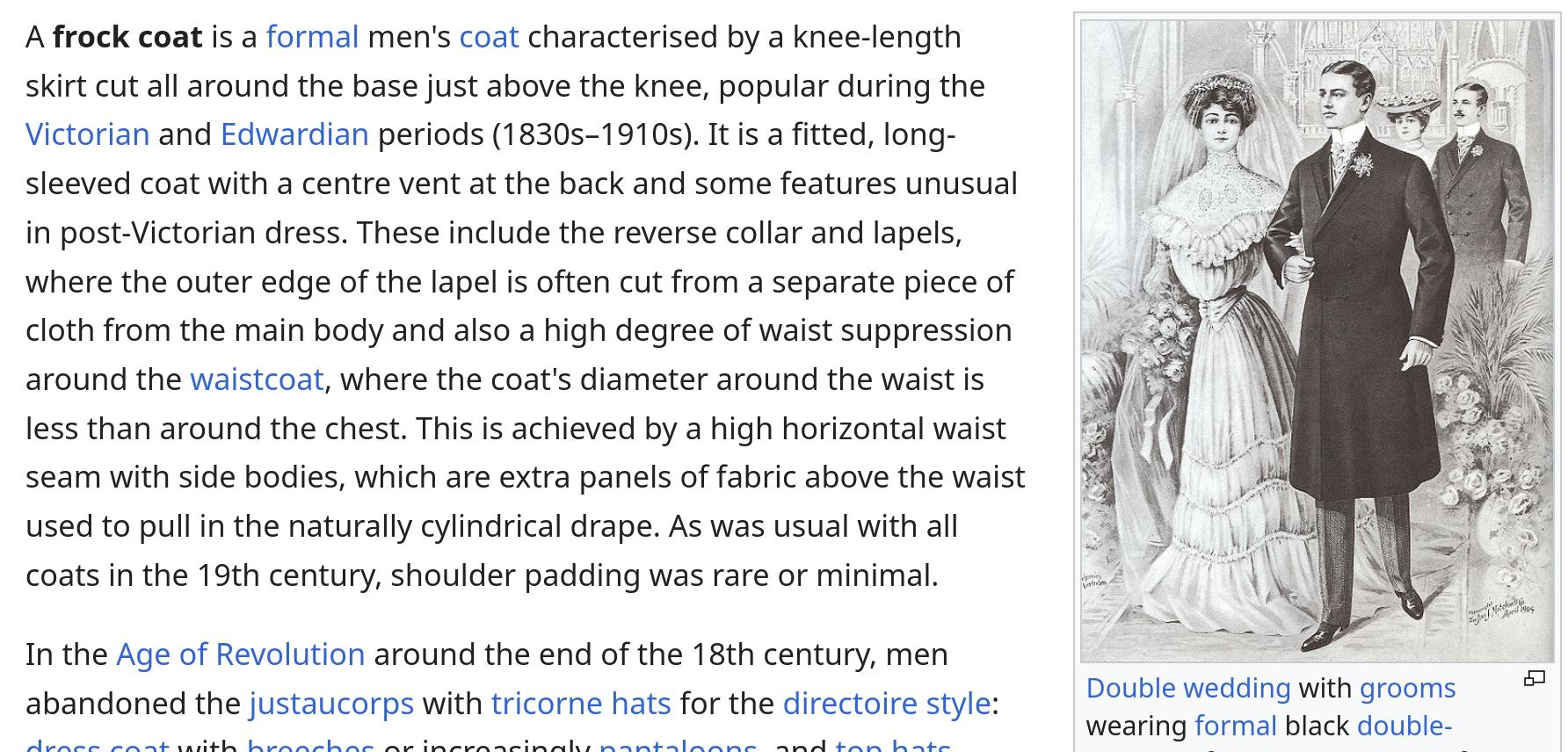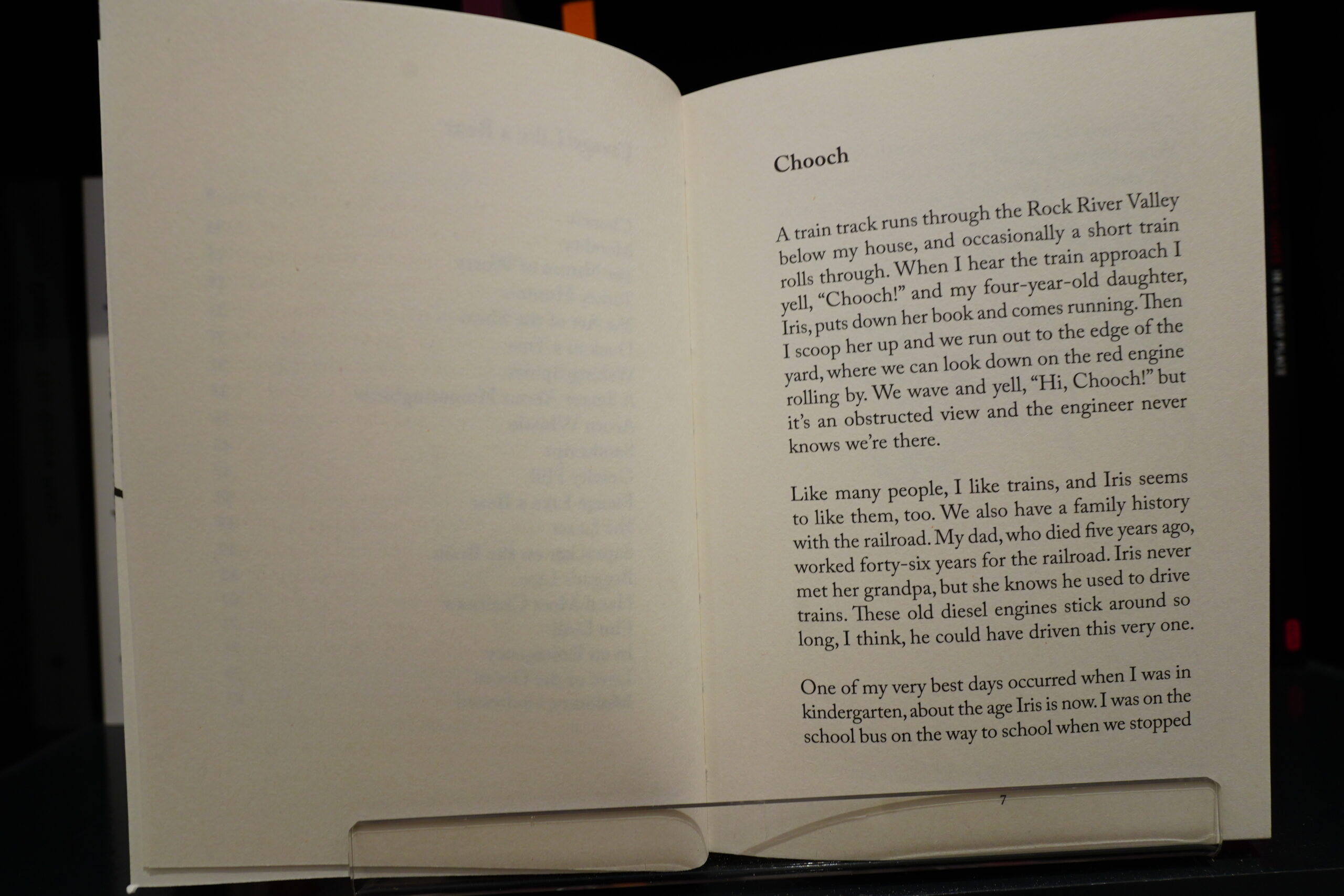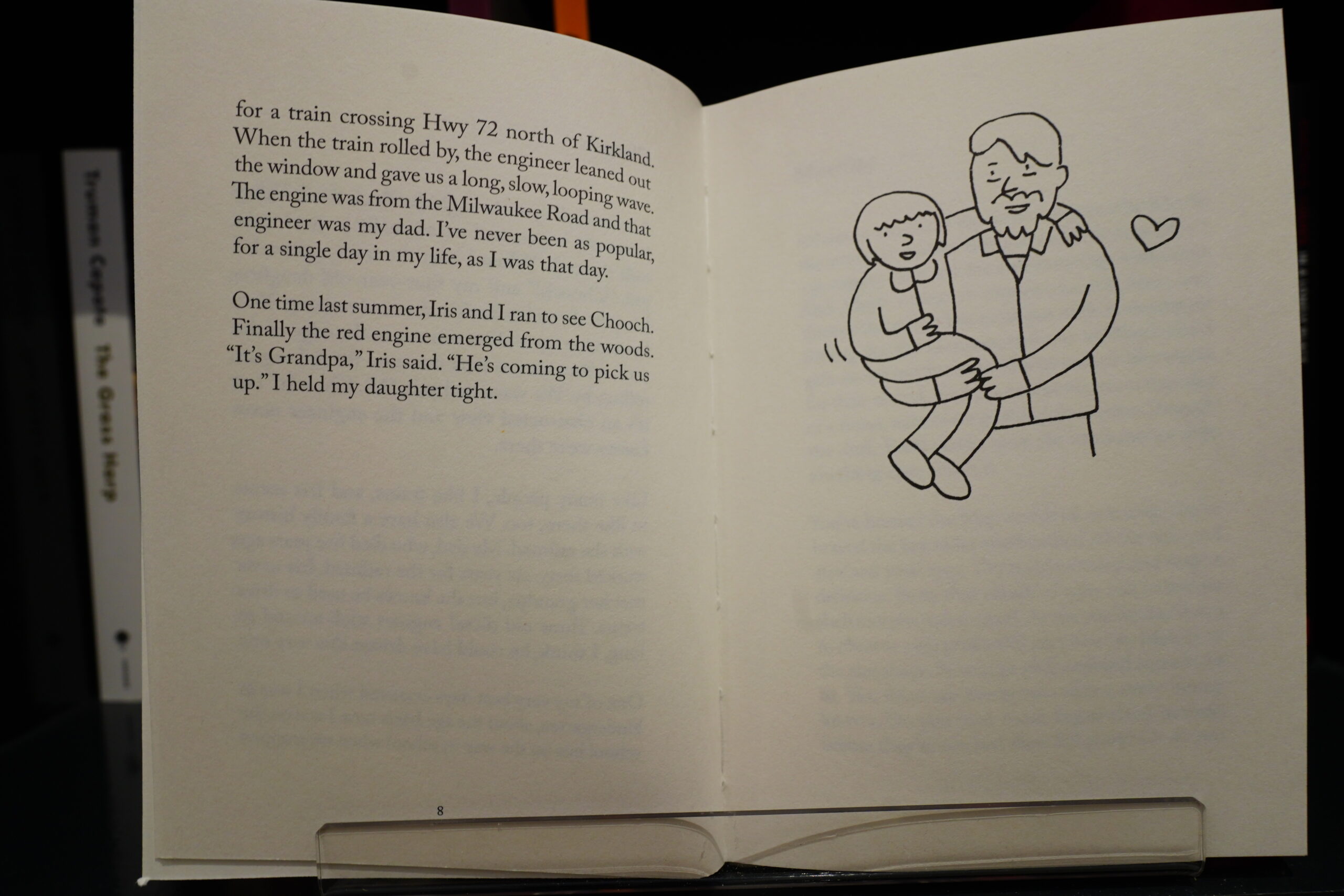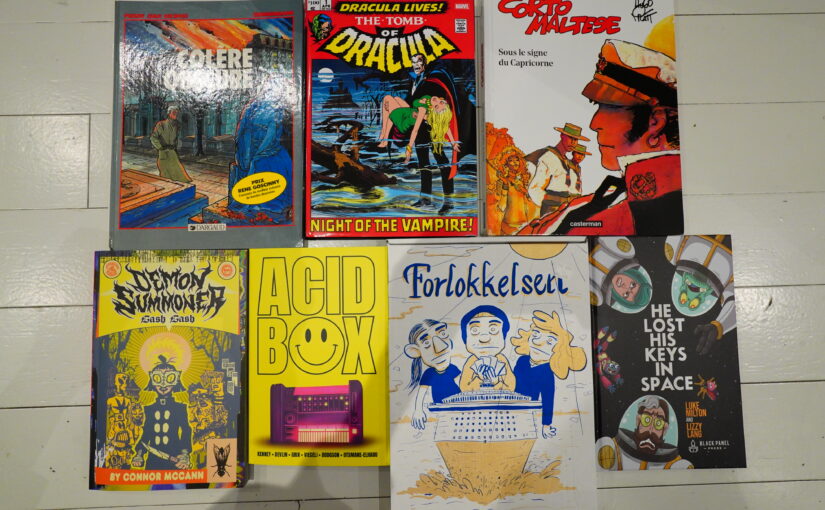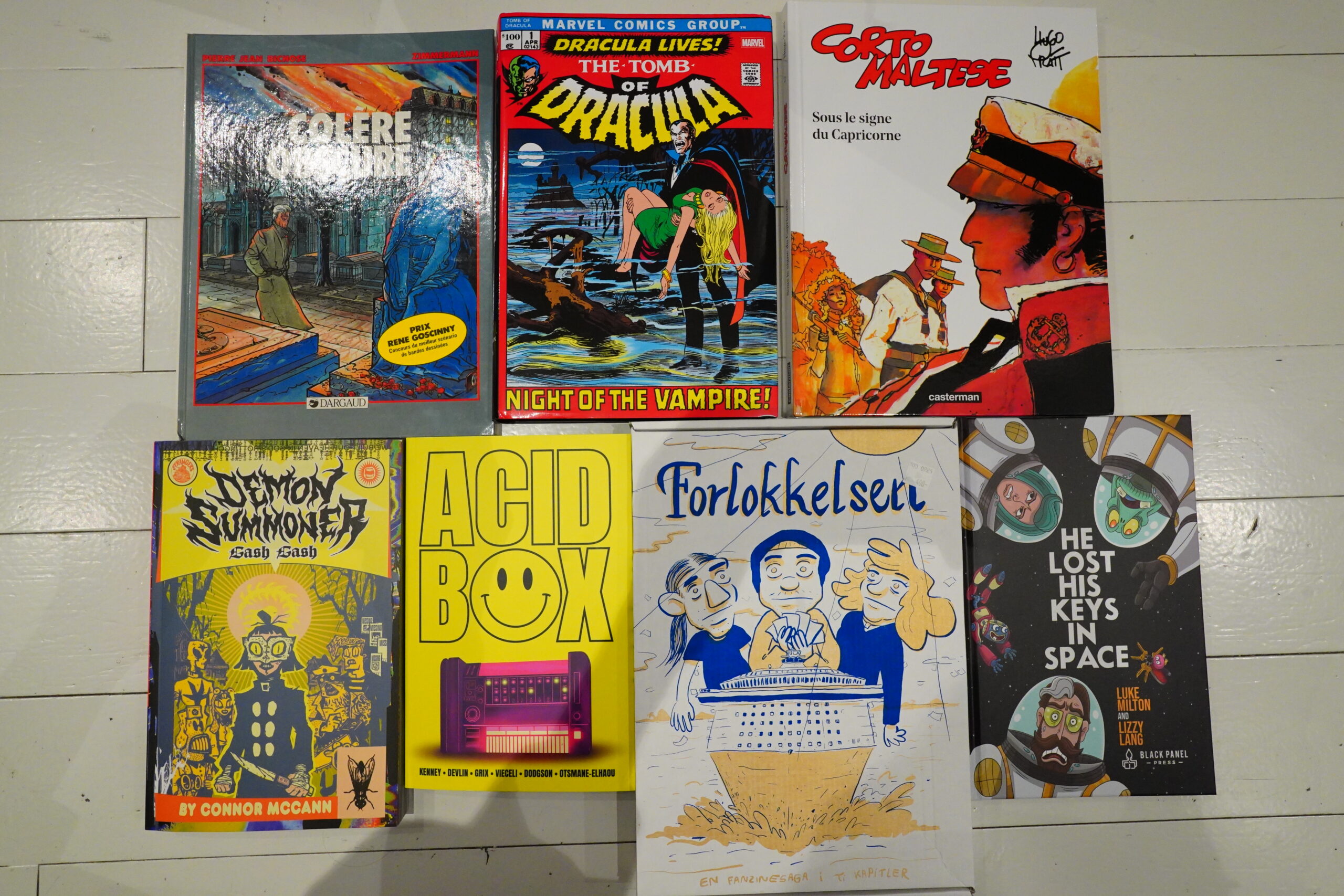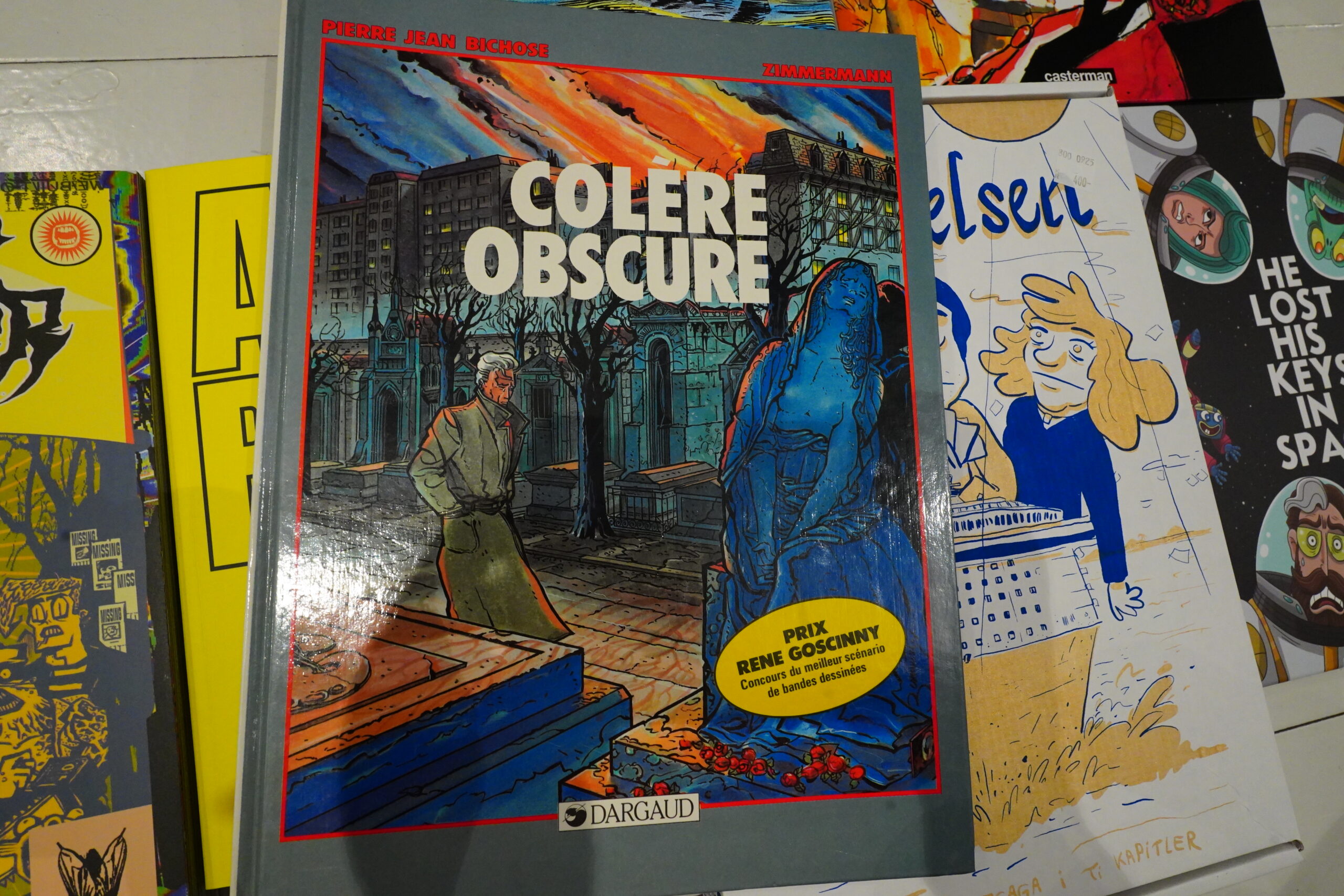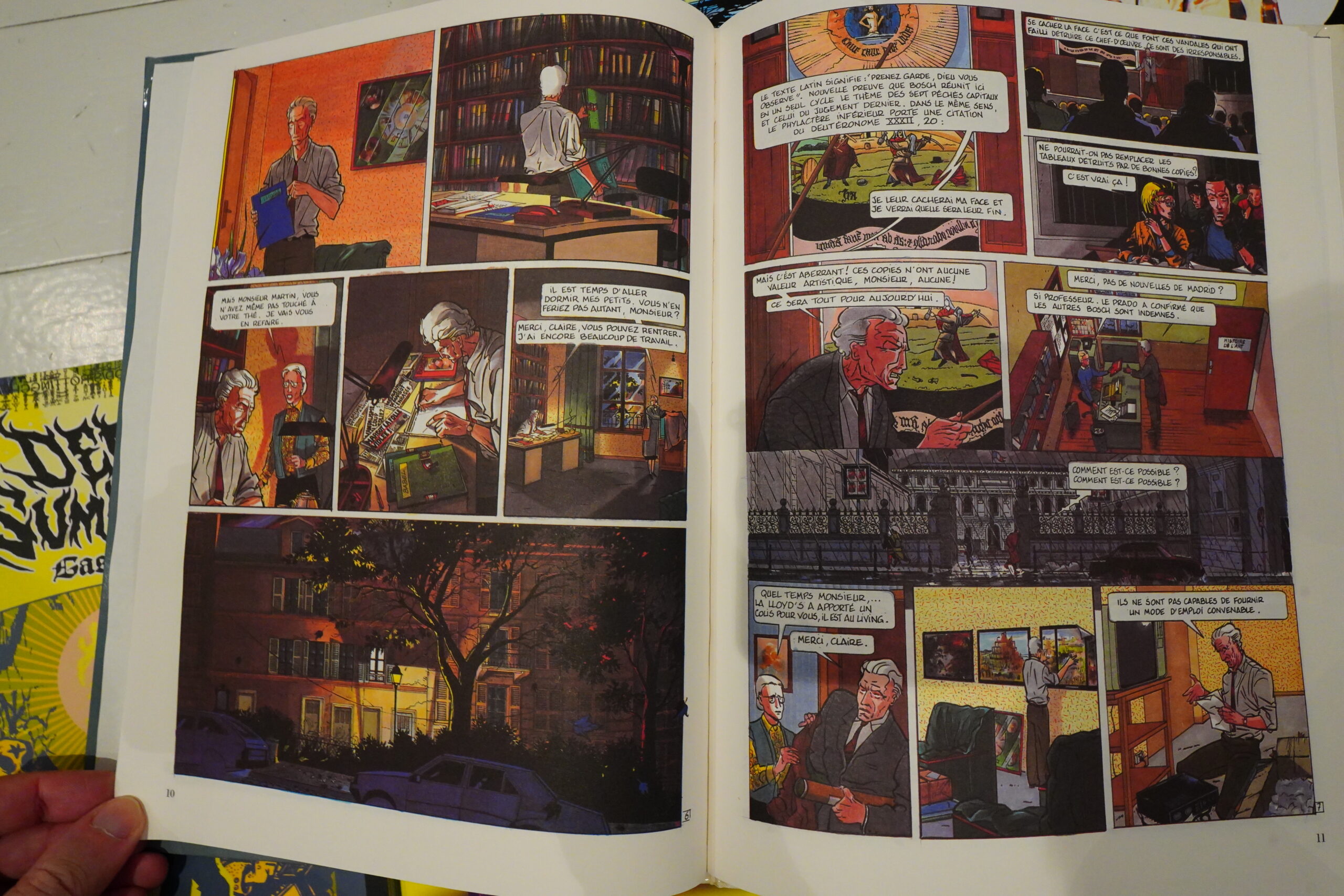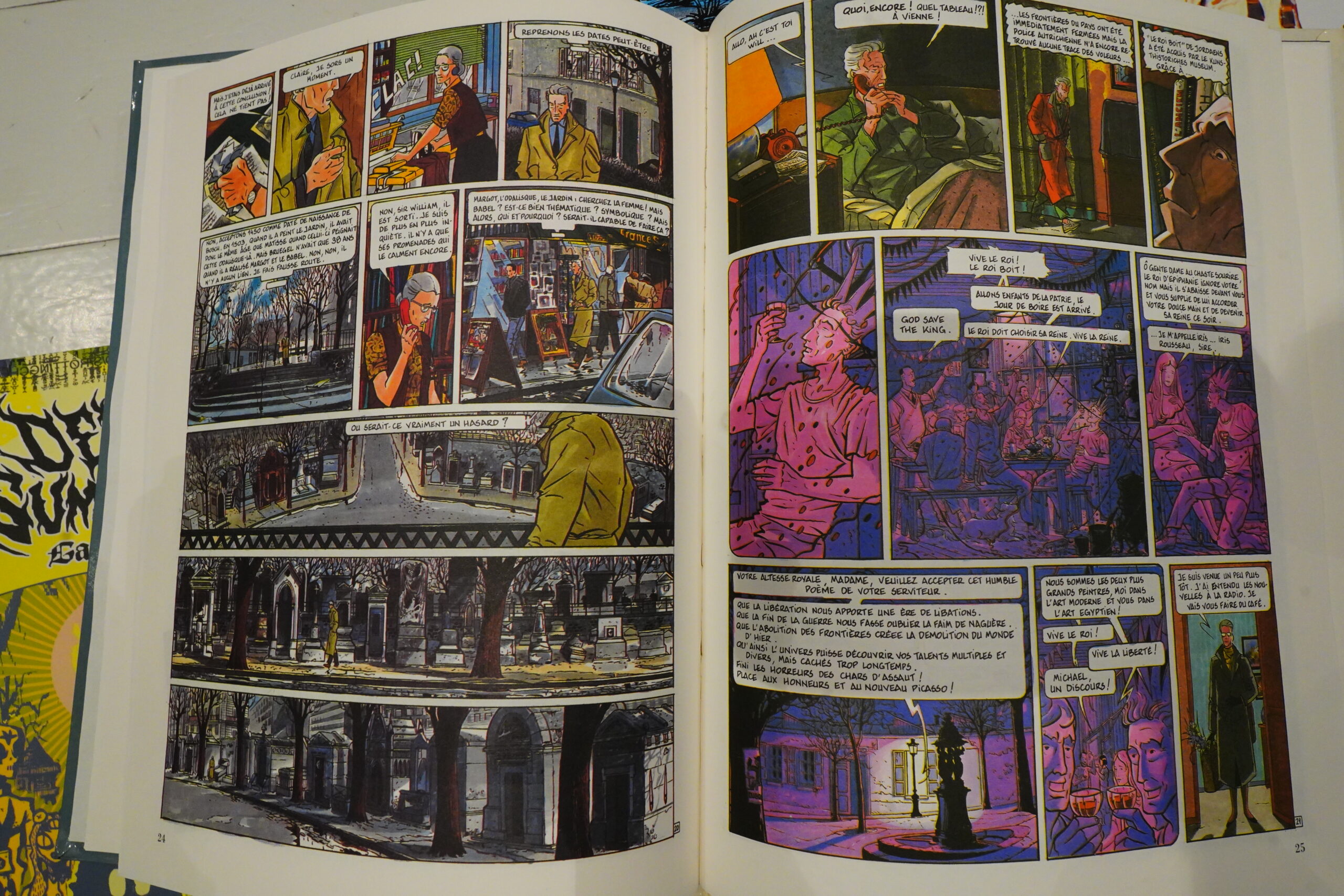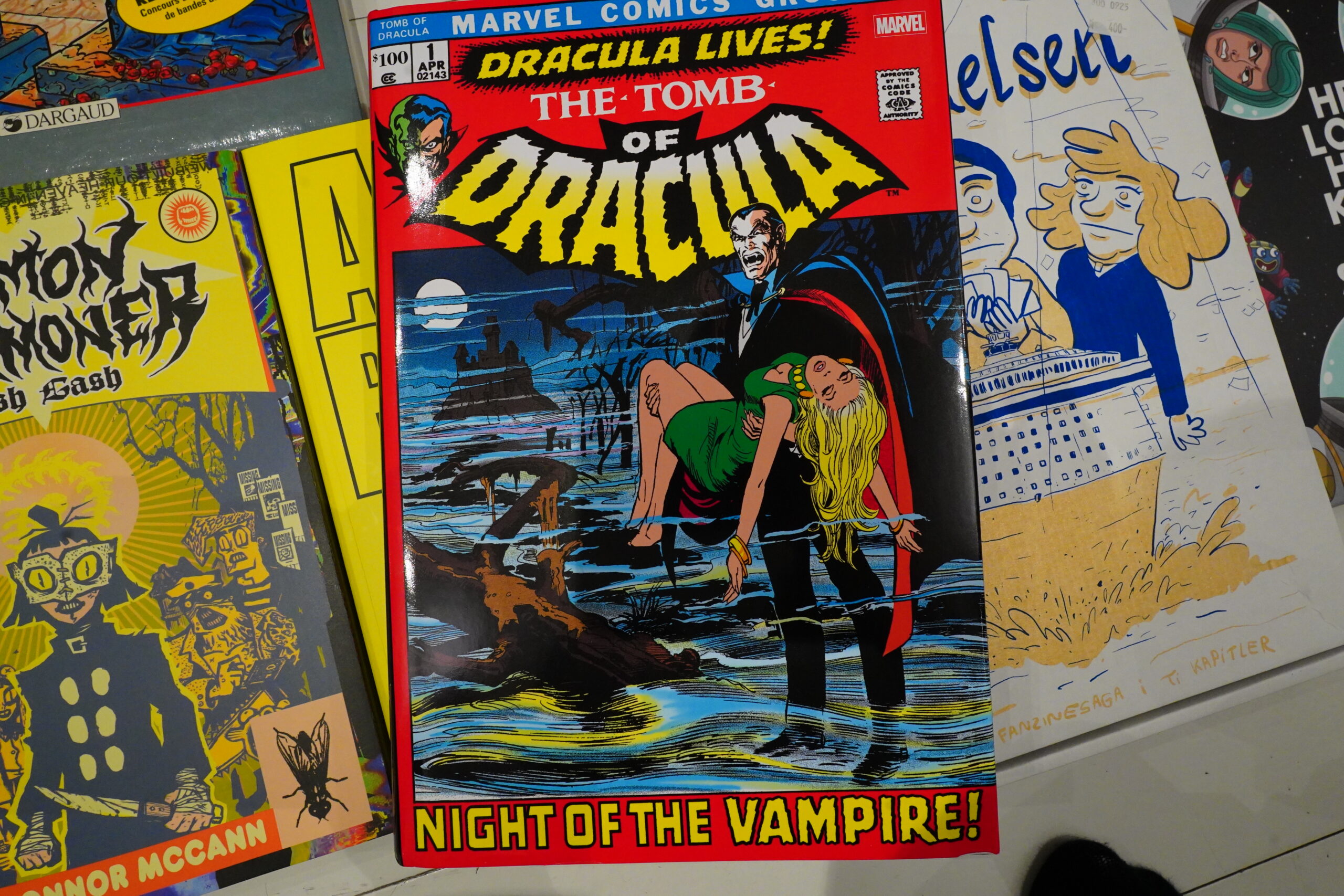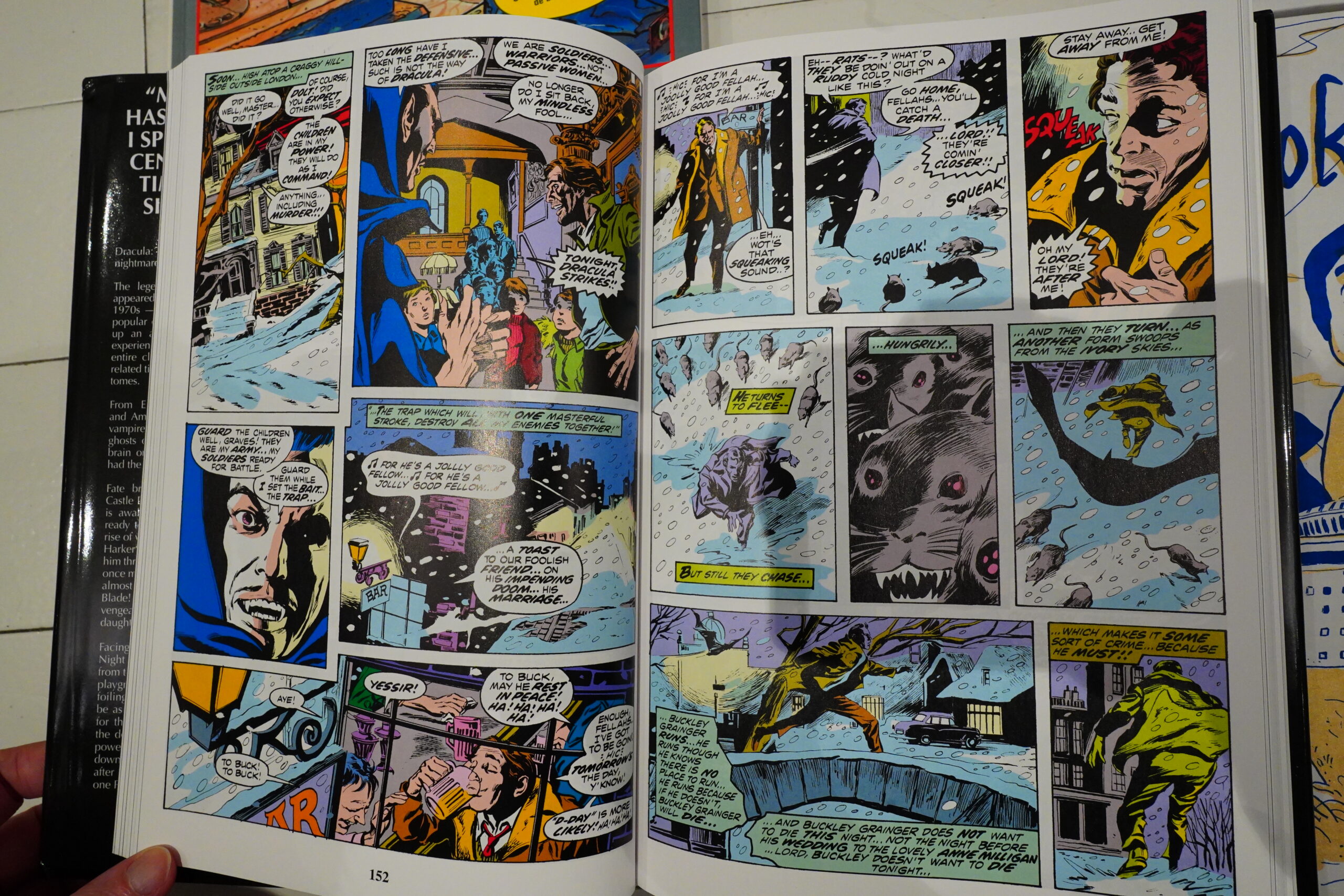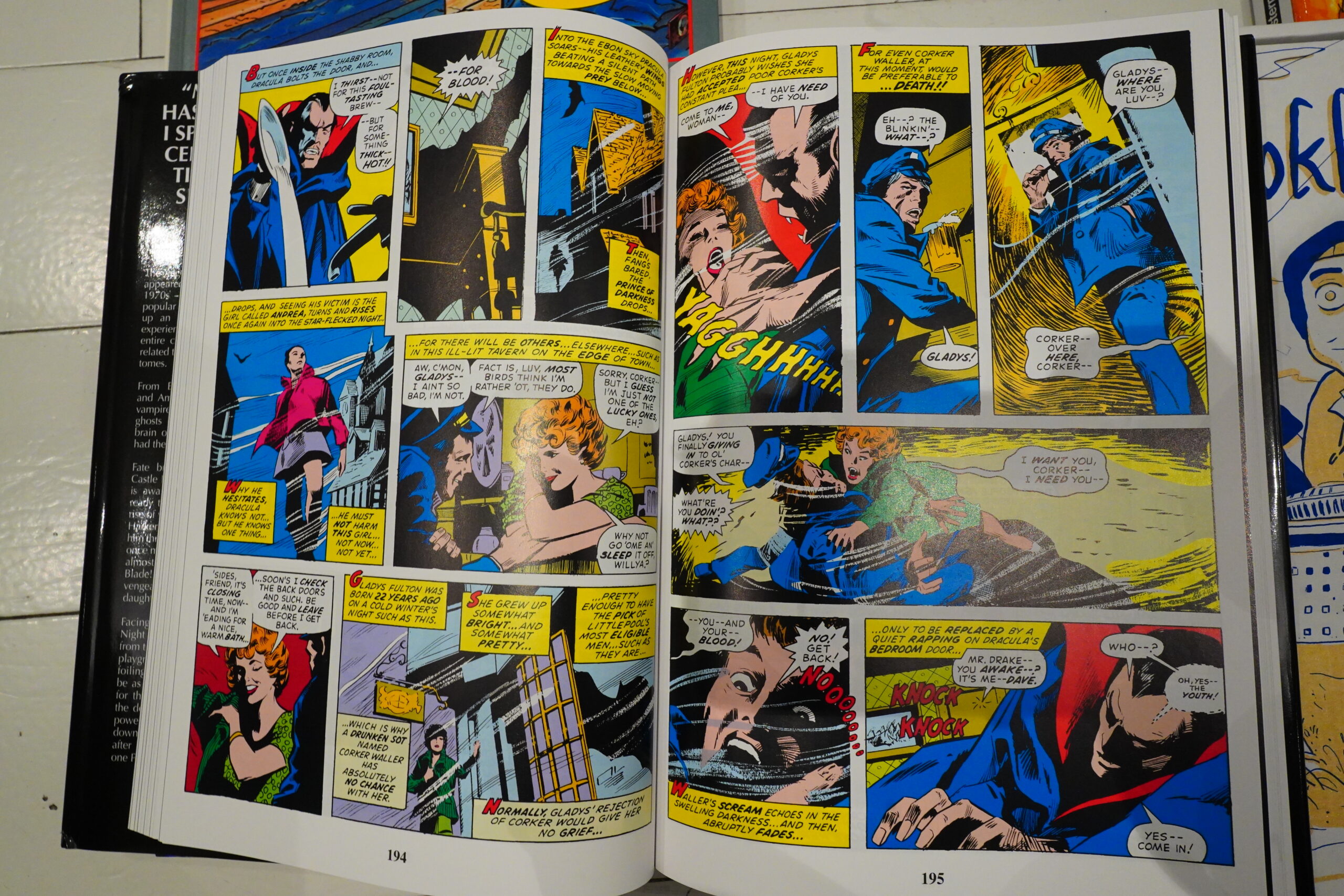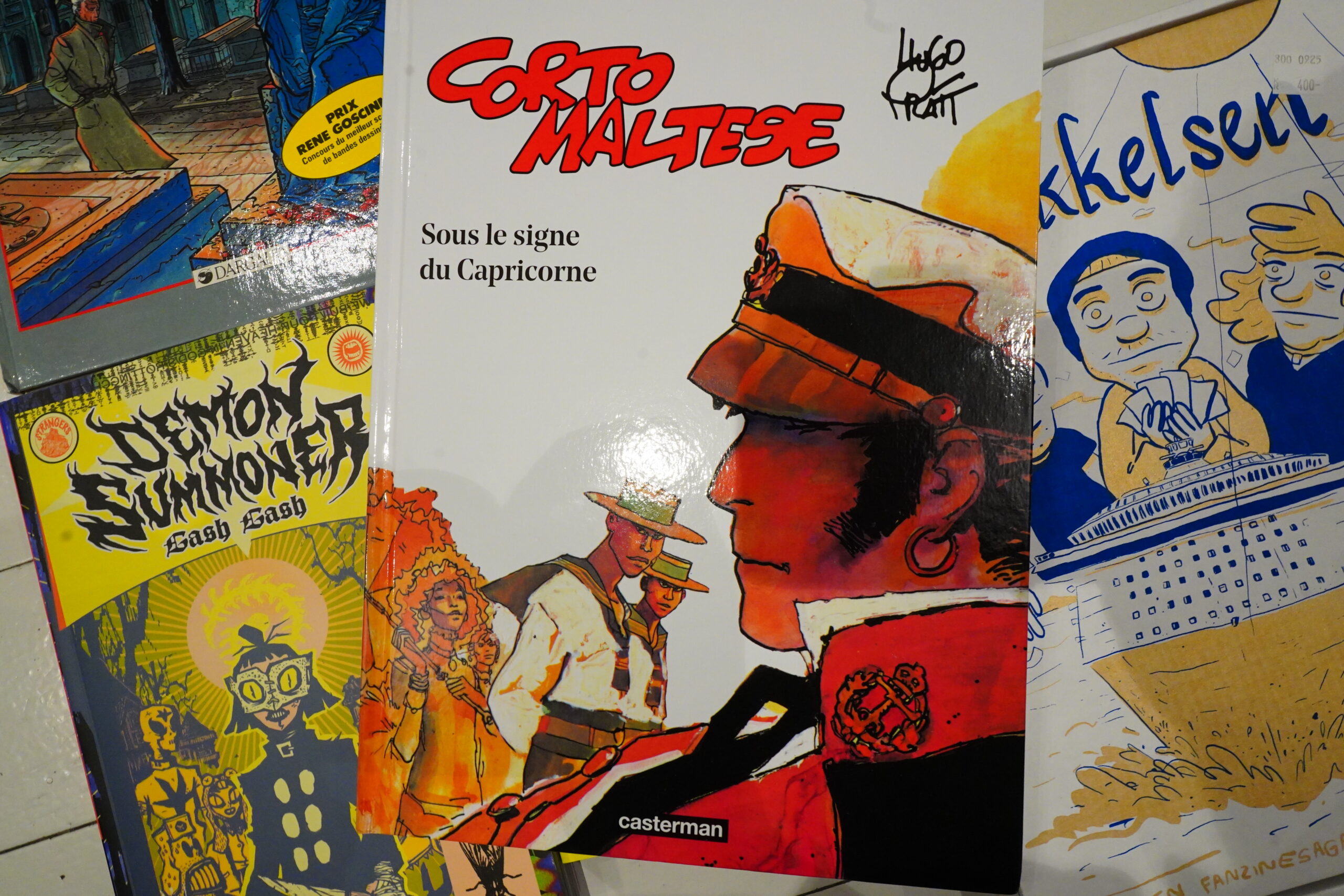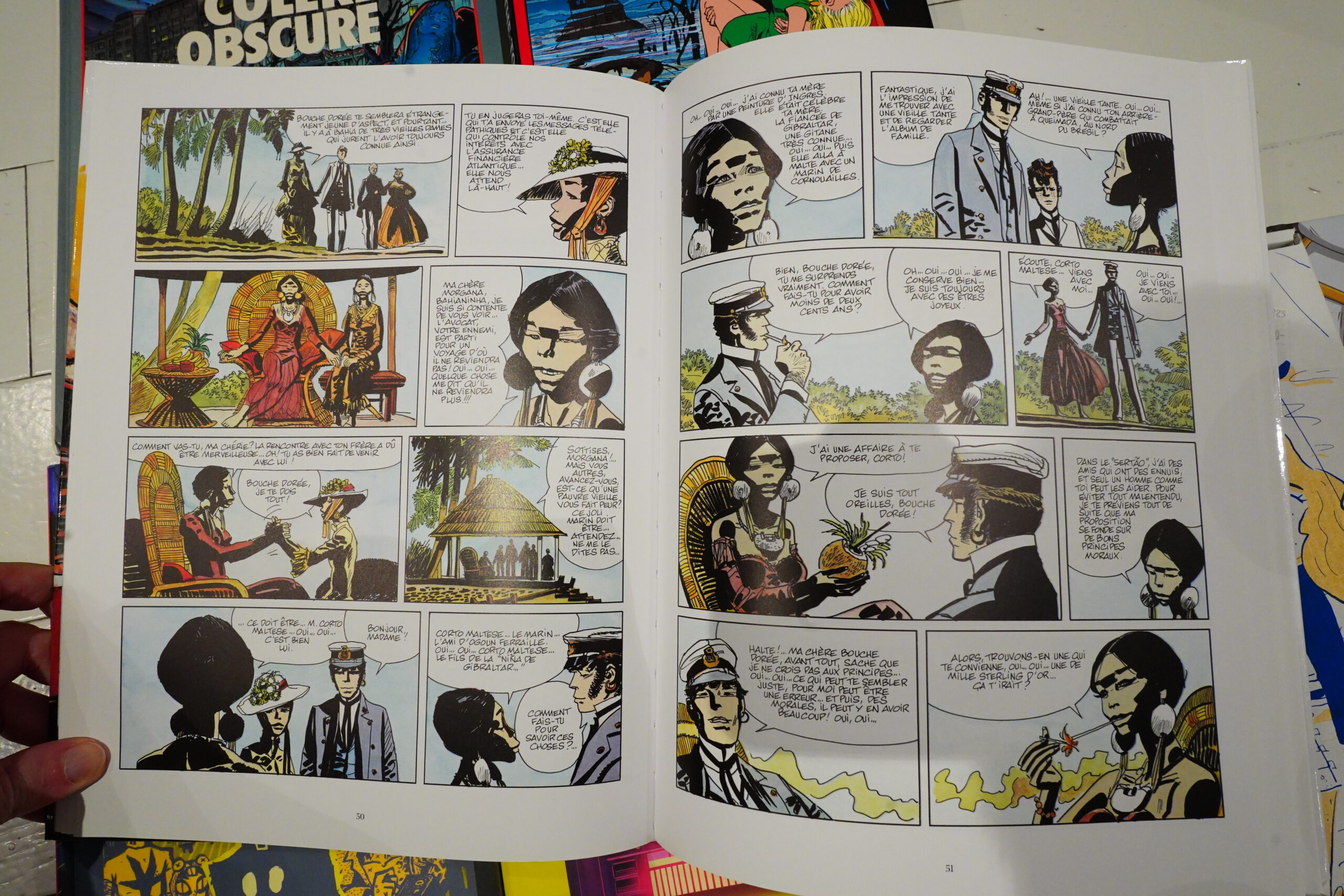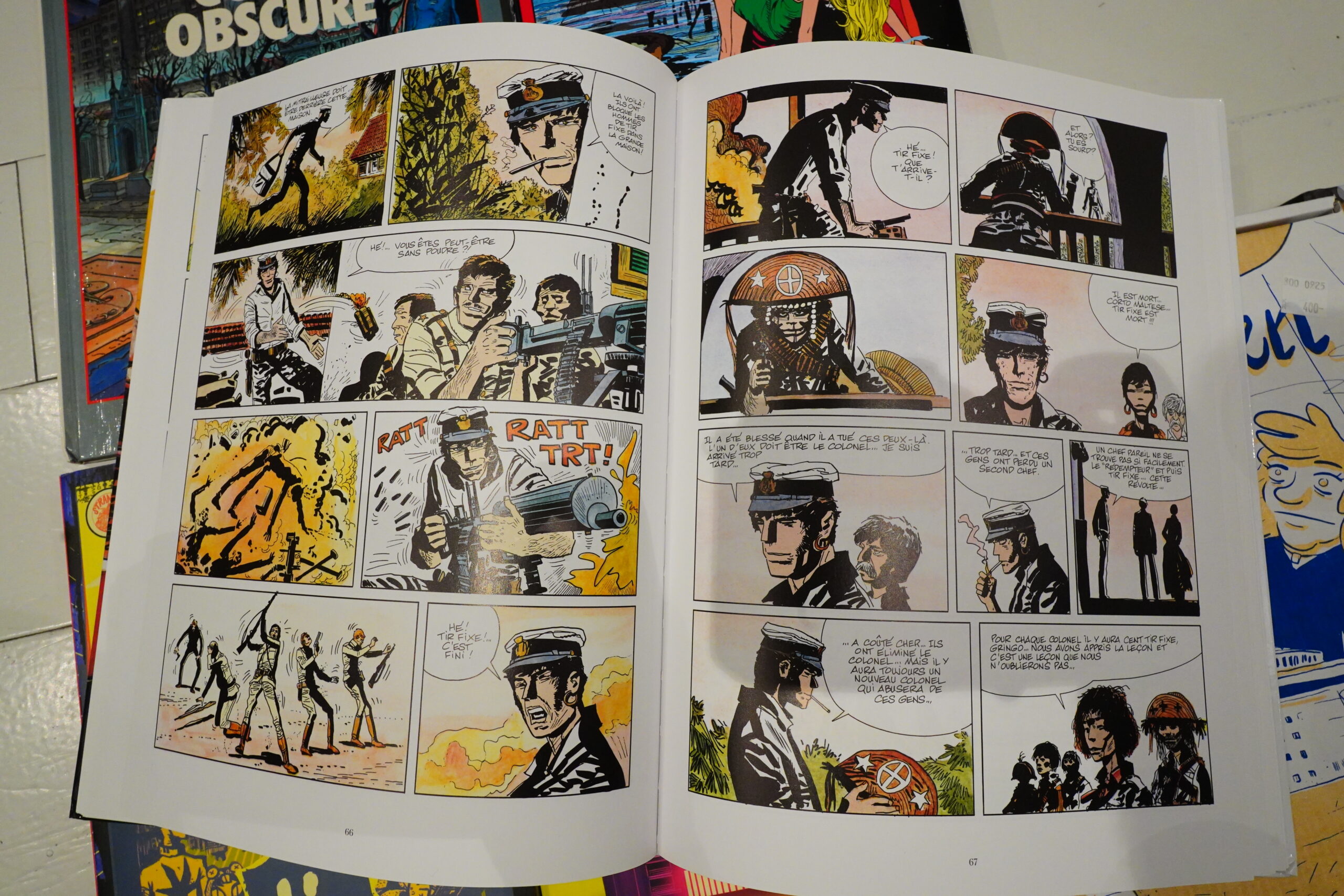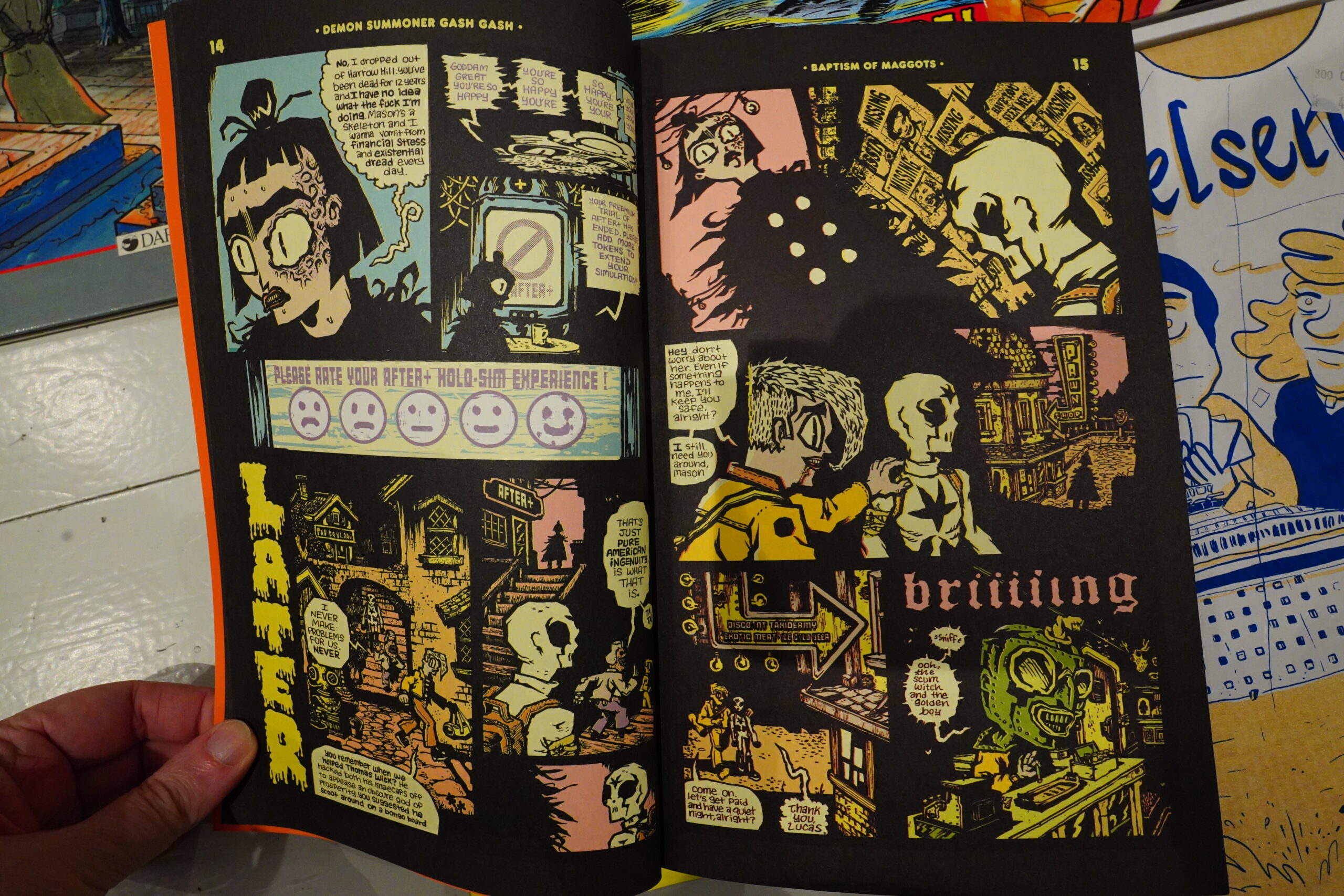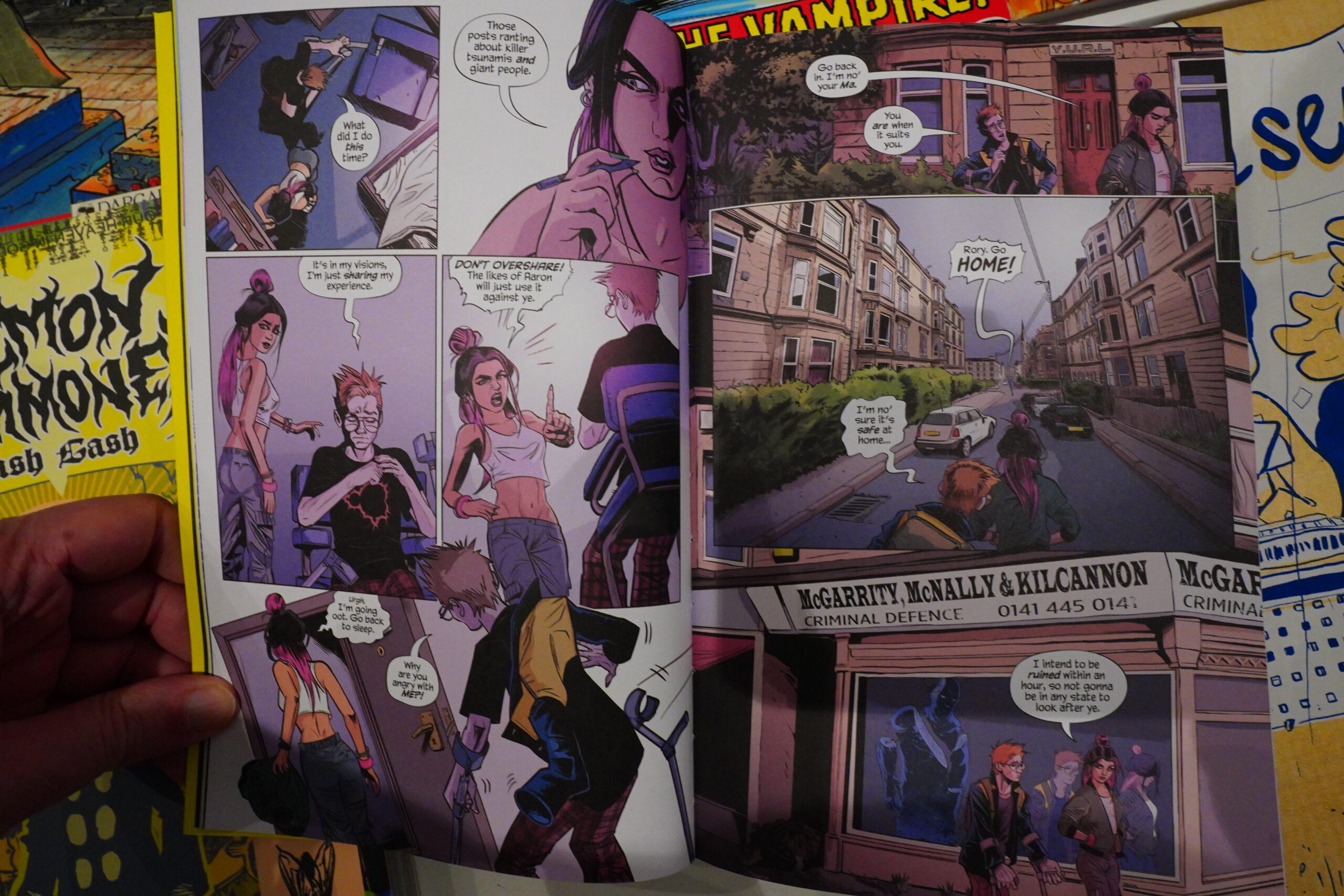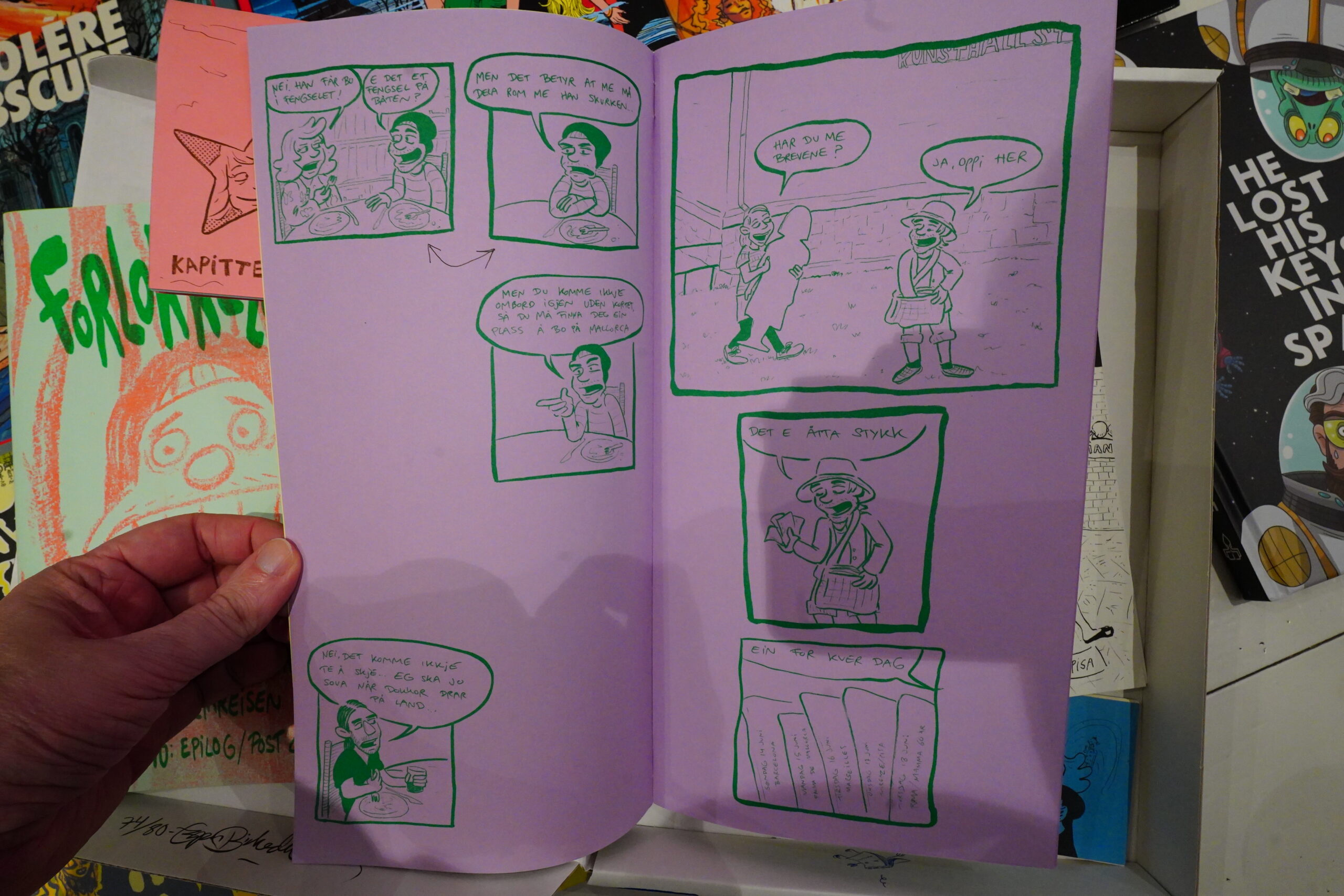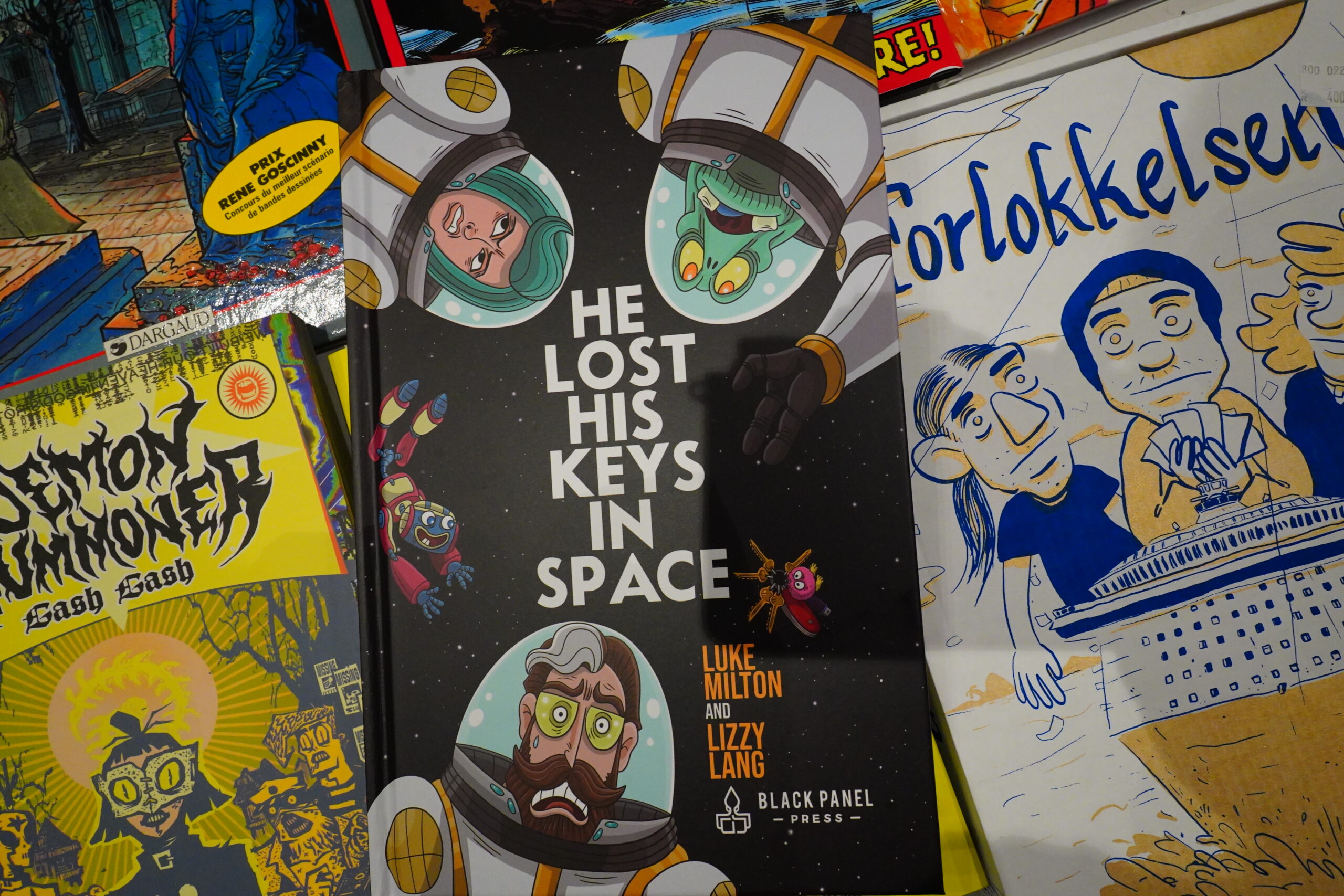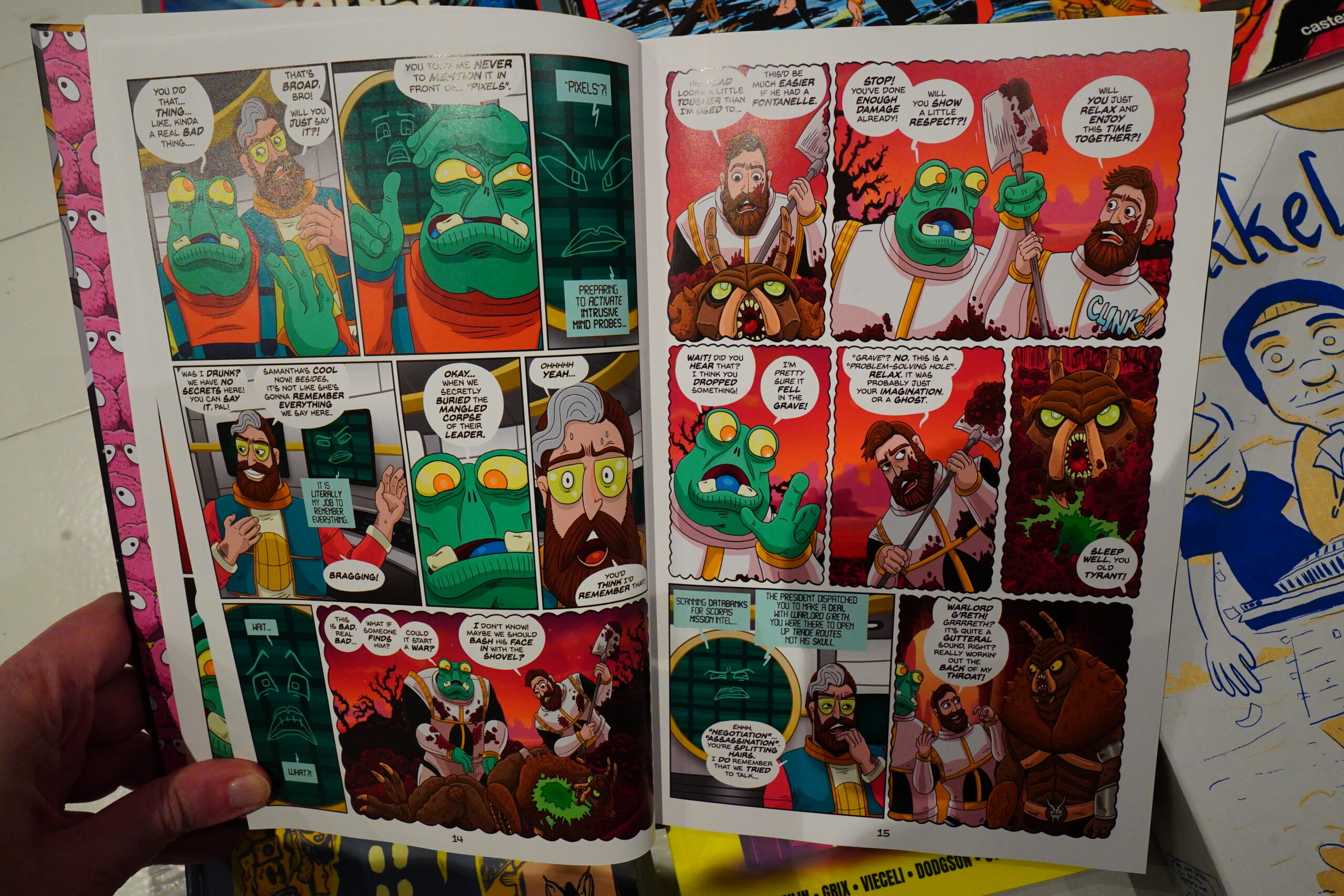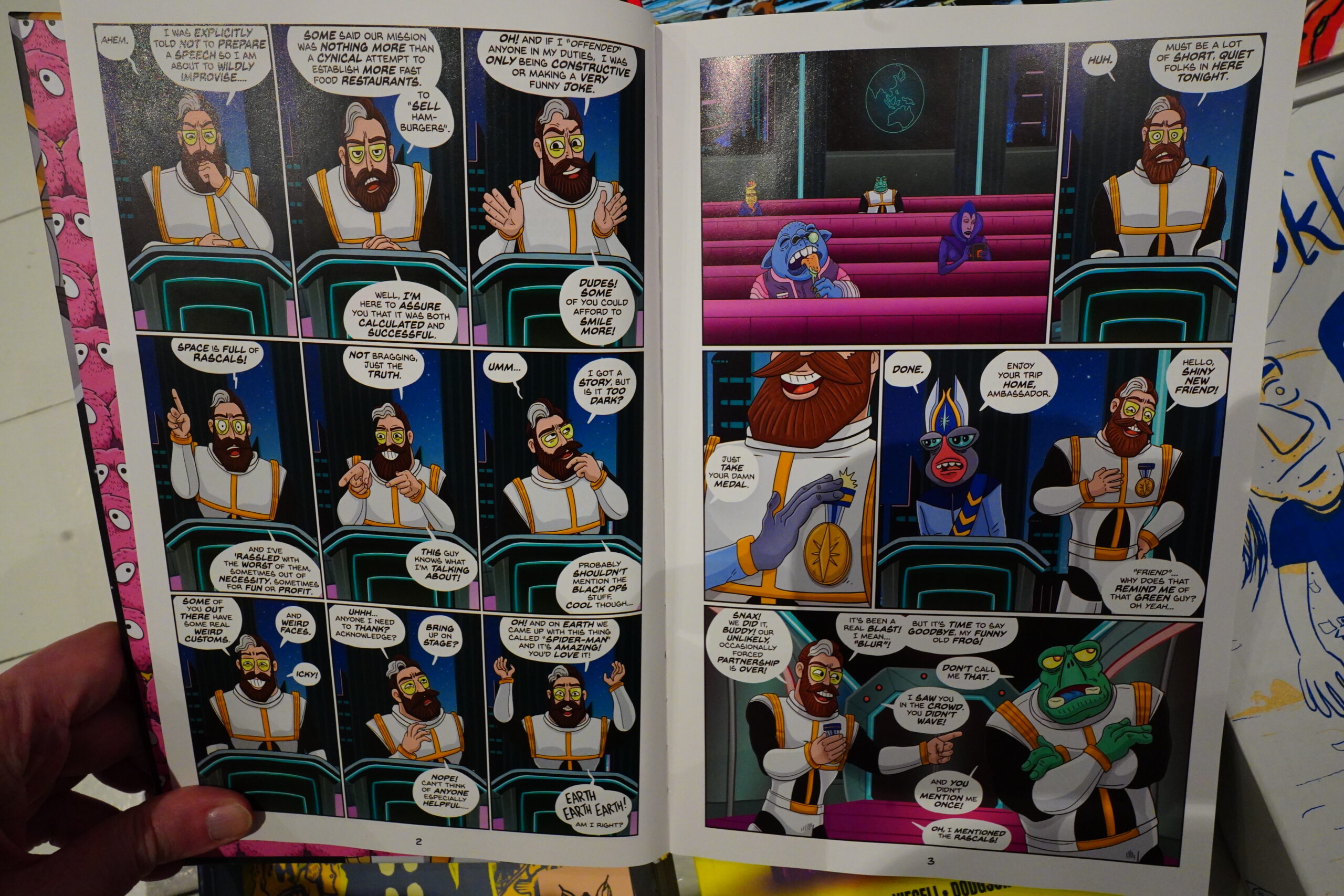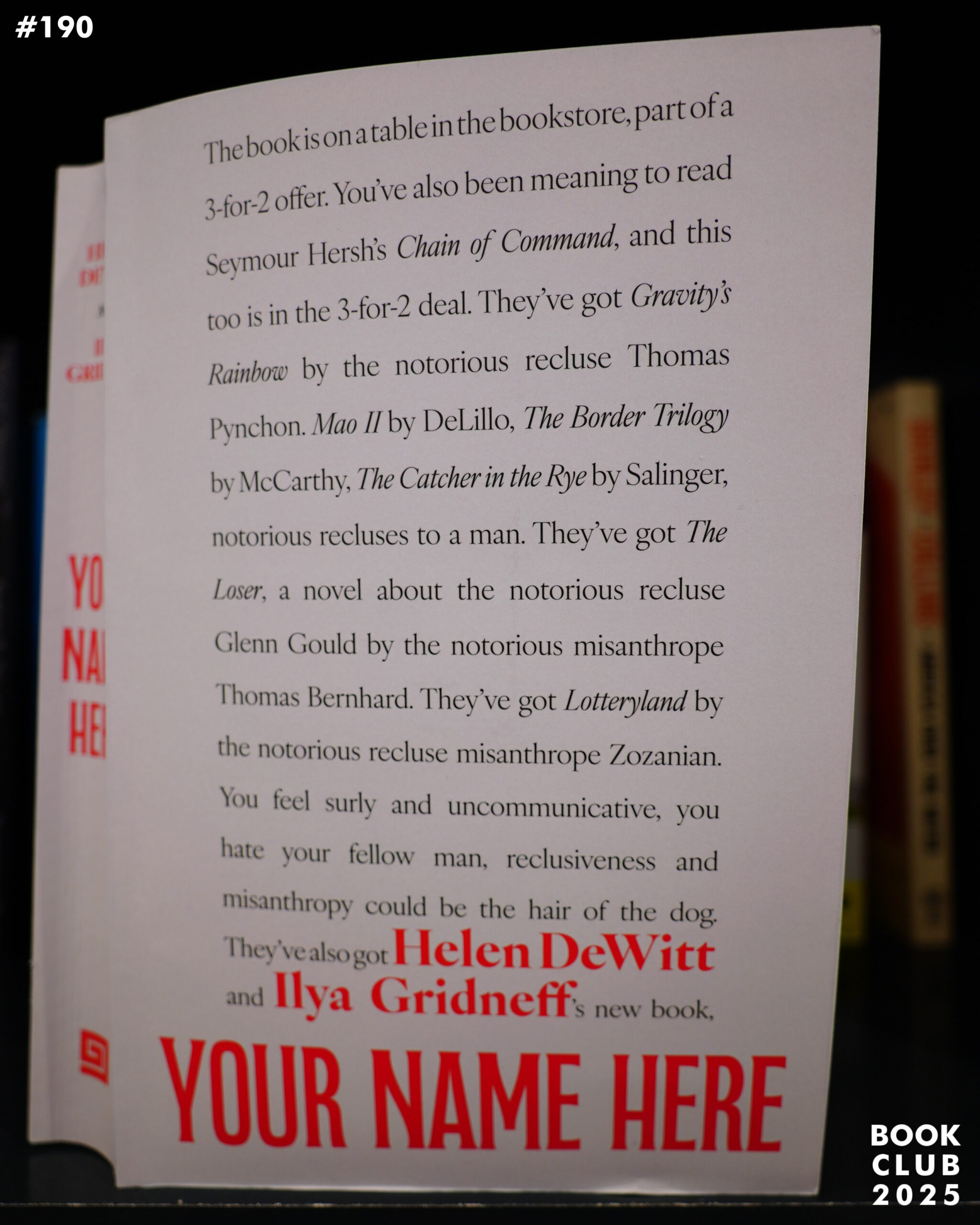
I only discovered Helen DeWitt this year, but I hugely enjoyed The English Understand Wool and The Last Samurai, so when I read that this book was being published — and that it was going to be a bit of a brick — I was very excited. And so were people on Twitter.
I try to avoid reading reviews of things I’m going to read, but that hasn’t been difficult in this case: After publication, I don’t think I’ve seen this book mentioned more than twice? And both times, it seemed like they weren’t very enthusiastic about it… And I’ve registered somehow that this book was written a decade and a half ago, allegedly? But they couldn’t find anybody willing to publish it now (and it’s published by Deep Vellum, a quite small publisher).
Anyway. Here goes:
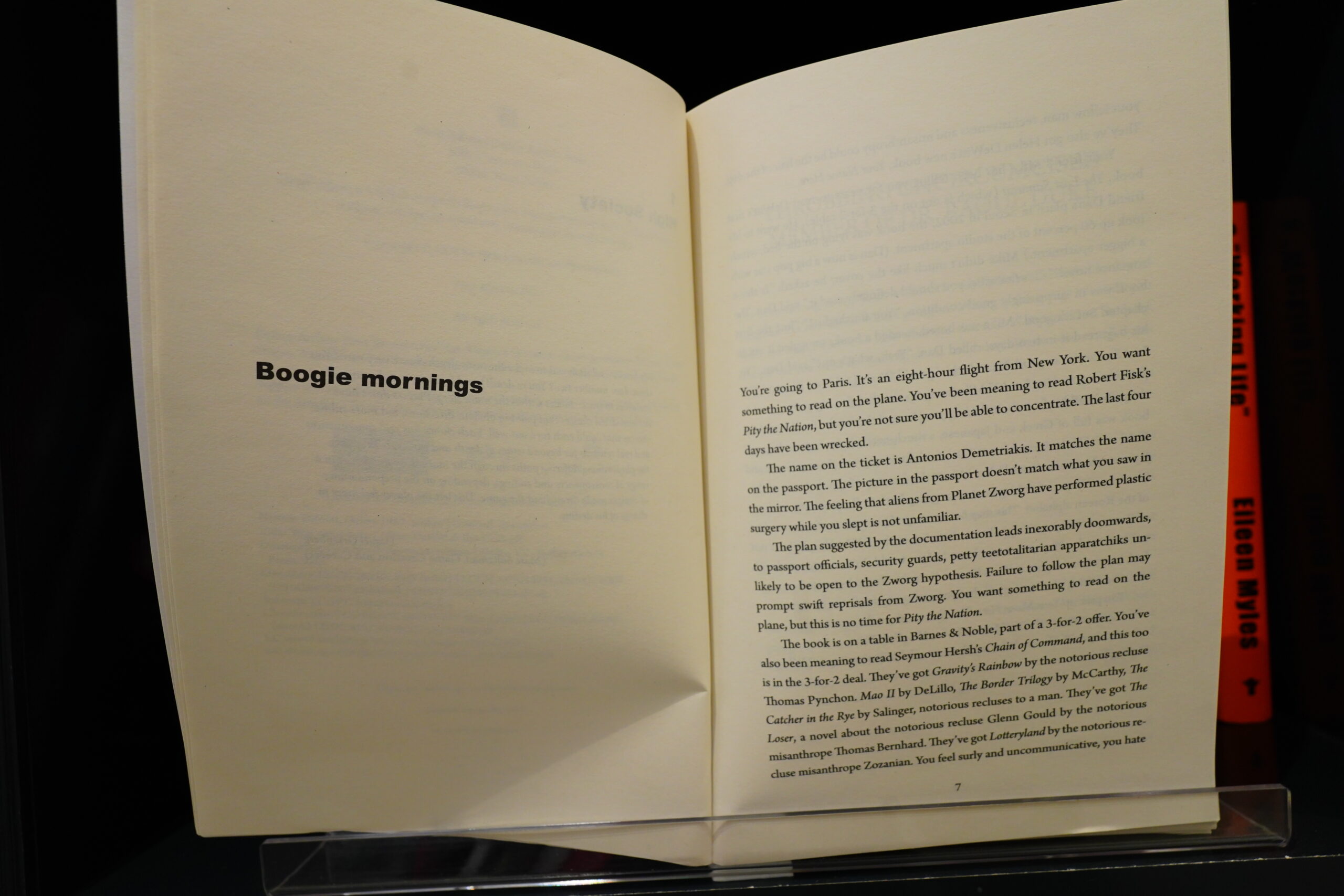
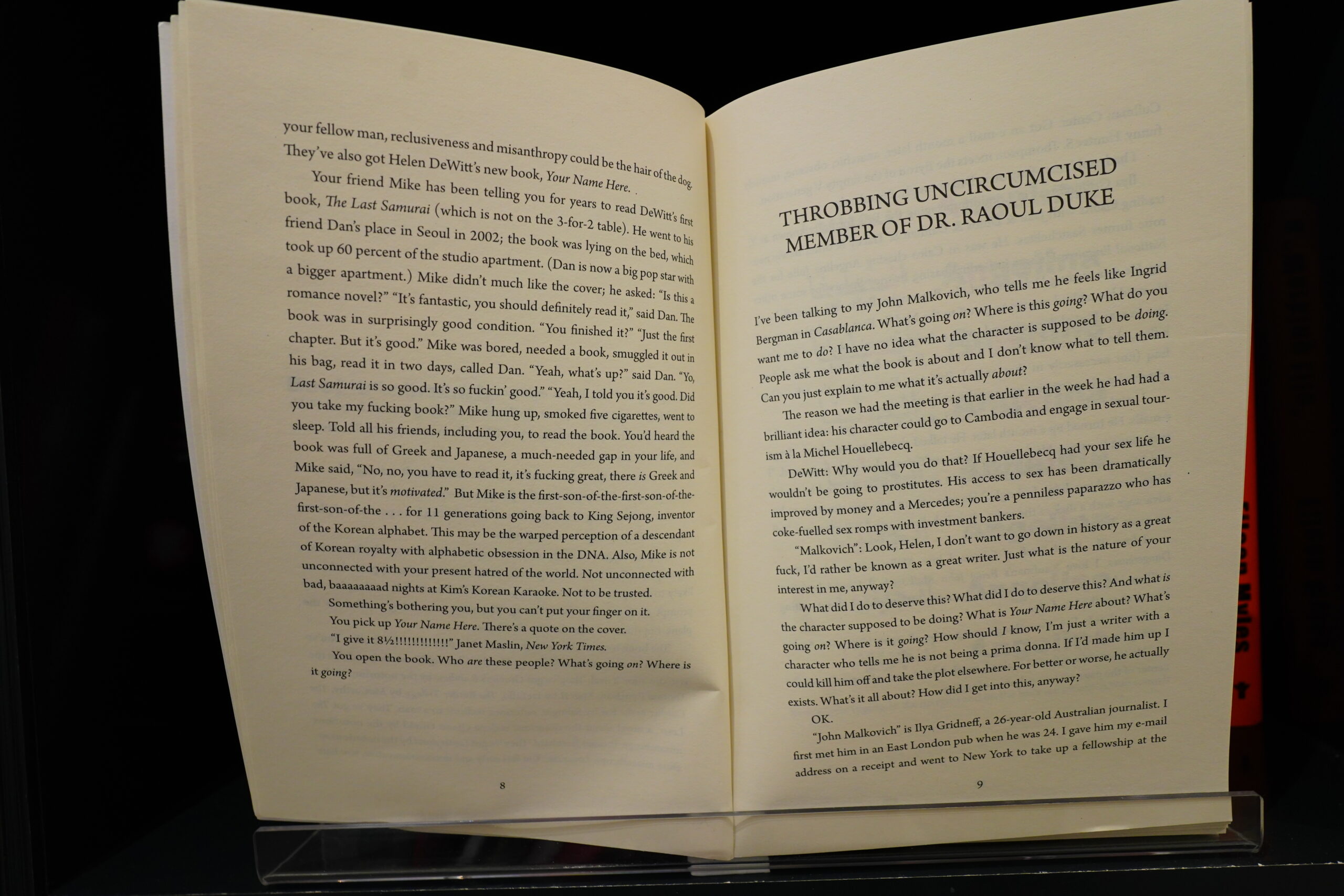
This is fantastic! It’s so much fun.
I started reading this on Monday at around nine at night, thinking I was just going to get started since I was going to bed early, but then I ended up reading until 3am. And then I read all day yesterday, and then a couple hours today, and now I’m done. It’s so rare to find a book that you absolutely have to gulp down as fast as humanly possible — but this is that kind of book. It’s exciting, it’s very funny, and it totally keeps you on your toes the entire time.
I can also see why people would be put off by it. It’s pretty chaotic — it’s frequently not quite clear who’s “talking” or who any section is about, but once you get into the rhythm, it becomes pretty obvious. But if you’re not in the swing of things, I can see how parts of it might be head-scratchers. Reading it fast is probably a good thing, because there’s multiple bits to juggle in your head — not really that many characters (for this sort of thing), but lots of different identities, and a lot of playing around.
I see Schattenfroh mentioned on Twitter several times a day, and it was released around the same time. Now, I’m never going to read that book — from what I understand, it’s a very serious book about spirituality and stuff — which is just the stuff a literary hit is made of these days. (Especially in the US.) Ka-ching!

Well, actually… looking at how much it’s sold on Amazon, it’s not a lot more than Your Name Here. I guess it’s just that people like to tweet about it more?
Even so, I still can’t quite believe that nobody wanted to publish Your Name Here for a decade and a half.
So, spoilers below. Don’t read more if you’re gonna read this book!
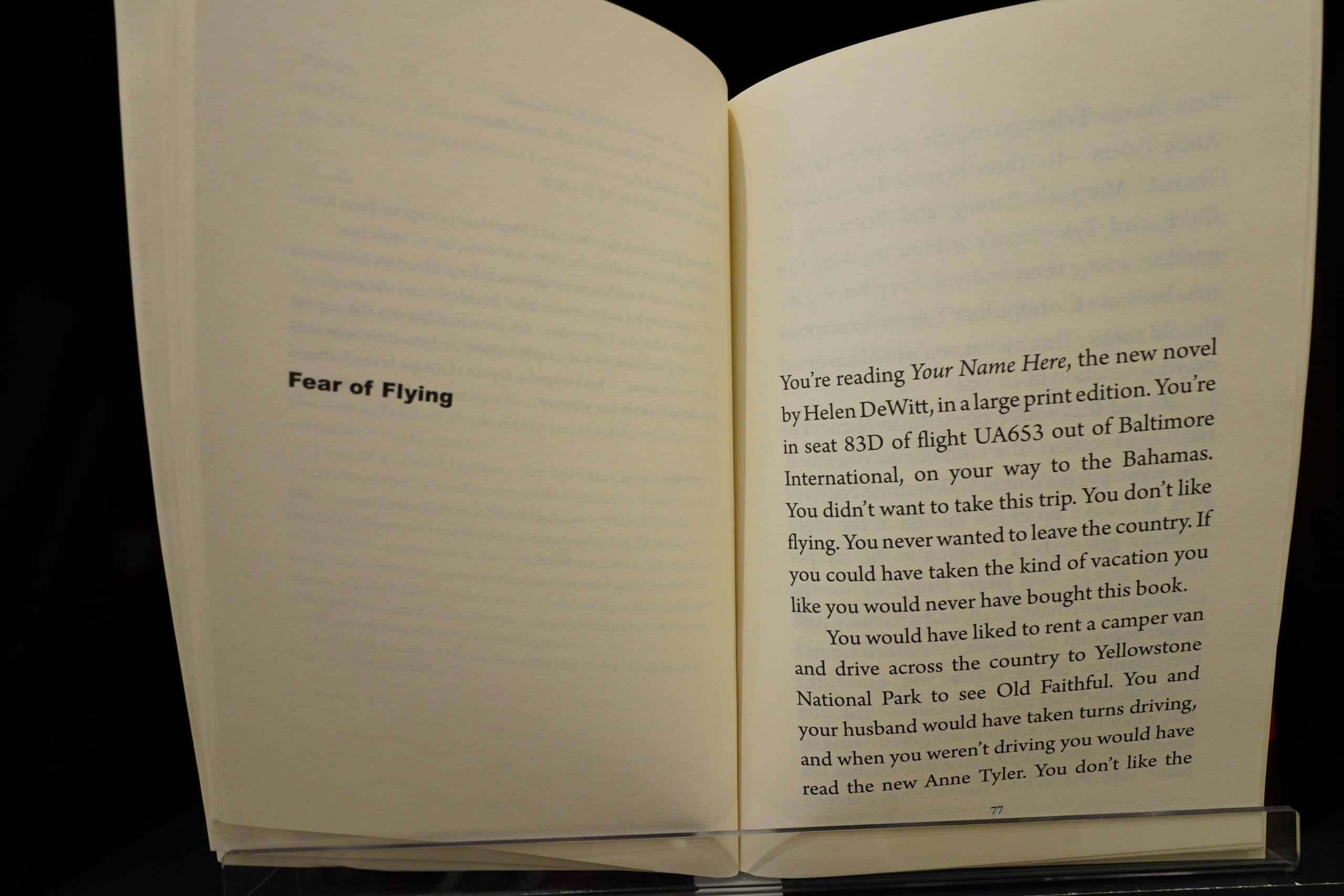
I laughed out loud when I came to this bit.
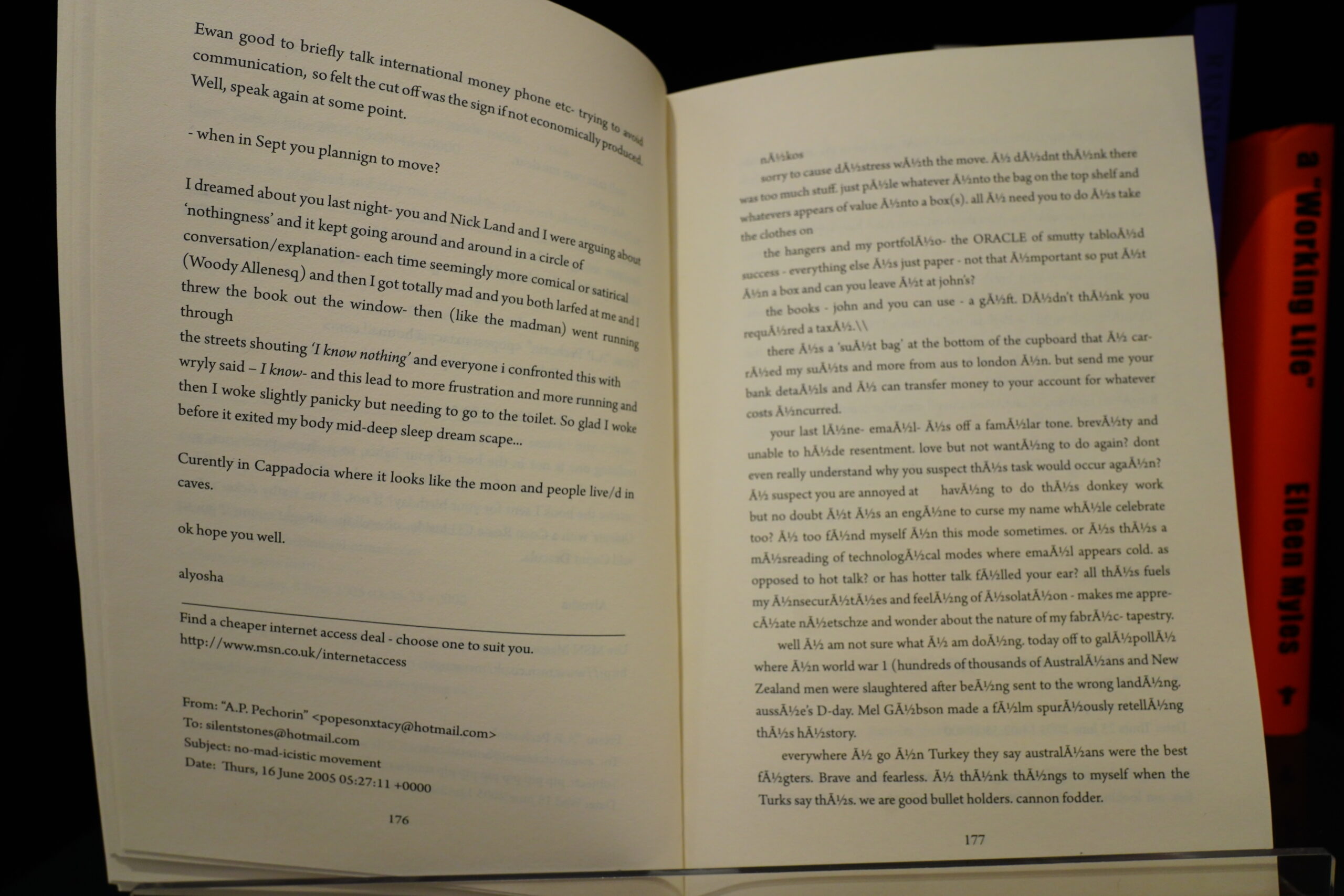
This is a 600 page book, but it’s not extremely dense — a goodly portion of it consists of emails, so the word count is probably closer to a traditional 450 page book. And it’s written in a very straightforward way, so reading it is a breeze.
The main plot of the book is about Helen DeWitt and Ilya Gridneff writing a book called Your Name Here in 2006. But that book is about two characters writing a book called Your Name Here in 2006, so you get a lot of the correspondence between those two characters, and it’s impressively period-correct.
Like… Hotmail ad signatures… and what’s that? Mojibake!??! It is! But for what character? It seems to be “ý” substituted for “I”, but that makes no sense:

See? It’s “ý”… hmmm…

Oh me of little faith! It is “ý”!!! But then my only quibble is that “ý” and “Ý” shouldn’t have the same mojibake. Shame! Shame!

Upper case “Ý” doesn’t really have a nice mojibake…
I mentioned this on irc, of course, and:

(Translation: “It’s dotless ı in iso-8859-9! So it’s double charset nerding!”)
Because he’s typing on a Turkish keyboard!!!
Man, this is a gag not a lot of people would decipher…
And there’s a reference to http://hitlercats.motime.com/, which doesn’t exist…
But it did:
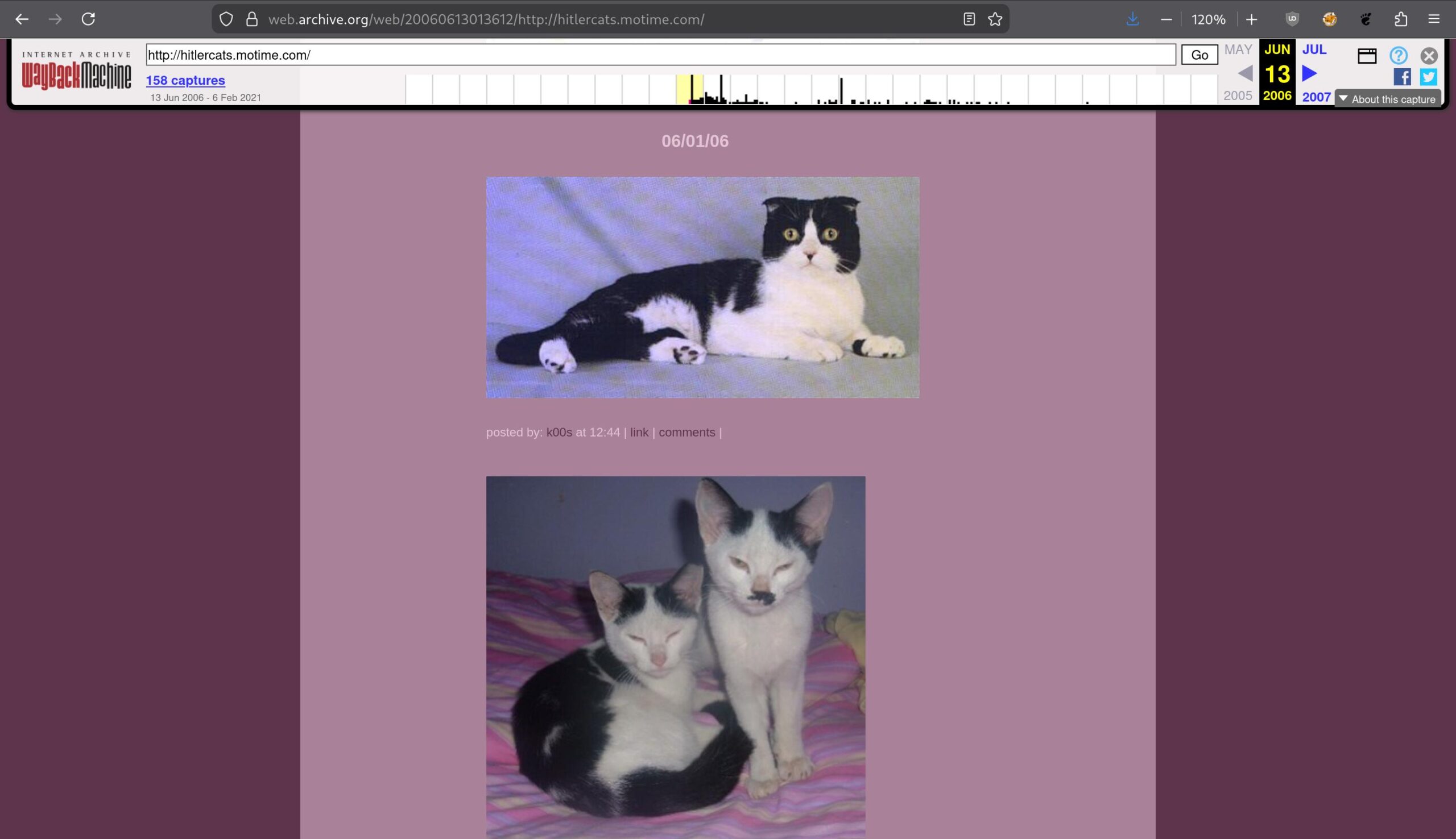
All of this makes me wonder whether Ilya Gridneff exists, of course. And whether the book really was written in 2006, or whether it’s just a clever recreation.
So since I’ve now read the book, I can finally do some googling.
Well, there’s a web page, but that proves nothing. This New York Times article seems to indicate that it’s all on the up and up?
Unless DeWitt is just making things up, since this is the plot of the book, basically the book is true:
At the time, the publishing world was waiting breathlessly for a new novel from DeWitt, who had dazzled critics and readers with her inventive 2000 debut, “The Last Samurai.” But years had passed without a follow-up, and DeWitt had all but disappeared from the literary scene. After a deal with her publisher fell apart, she had a breakdown and attempted suicide, then went missing. When police found her in upstate New York, she was admitted to a psychiatric ward.
I mean, except for the made-up parts. Huh. I guess I wasn’t really expecting that…
Anyway, it’s fantastic. So I wonder what people on Goodreads think.
It has a pretty decent overall score, but it only has 143 ratings — so I guess it didn’t really sell many copies. I guess the publishers had reason to be sceptical all those years.

Heh, that’s the most-liked review. Excellent.

That’s the next-most-liked review. So it’s a very polarising book, like I expected.

Heh heh. True!
The book’s publishers are very funny. Alternate covers:


Your Name Here (2025) by Helen DeWitt and Ilya Gridneff (buy new, buy used, 3.74 on Goodreads)

